
Rough sapphire
September brings the end of summer, a change in season and the excitement of autumn. September birthstones consist of the enticing blue Sapphire, the magical starry lapis lazuli, and the captivating cool iolite. I’ve delved into the wonders behind the precious gemstone, Sapphire and offered alternative birthstones for September birthdays below.
Sapphire - the traditional birthstone for September
September’s traditional birthstone in most cultures is the beautiful blue sapphire. They’re rare and expensive precious gemstones, and second only in price and rarity to the diamond.
Sapphire meanings
Sapphires have had a rich history is connections with the heavens, the sky and the planet Saturn. It represents innocence, truth, good health, fulfilment, joy, peace and beauty.
Sapphires are used to help you feel closer to the universe, and to promote wisdom and generous thinking. The calming blues of sapphire are also thought to be good for mental health, as they calm the mind and bring inner peace.
How sapphires are formed
Sapphires are made from mineral corundum, which is also known as Aluminum Oxide. It is the second hardest natural mineral discovered. Sapphires are the same as Rubies. They’re also made from mineral corundum and the only difference is the colour. Mineral corundum is naturally colourless, but it is the presence of impurities that makes it the alluring blue of the sapphire or the passionate red of the ruby. They can also come in many different colours than blue, but these are even rarer. These are known as Fancy Sapphires. Every sapphire is unique and they come in so many different shades, but the cornflower blue tends to be the most expensive. The majority of sapphires are also heat treated by man to increase their colour.
Sapphires are formed about 6-18 miles deep under the earth’s surface under a lot of heat and pressure. As mangna is pushed up, it brings up with it aluminum and oxide chemical compounds that mix with titanium and iron. It is these minerals that give sapphires their beautiful signature blue. As these chemicals start to cool, they turn into crystals.
Depending on where the sapphires are found in the world depends on what types of rock they’re formed on. Some sapphires are formed in metamorphic rocks. These are pre-existing rocks that transformed into different rocks after being exposed to very high pressure and temperatures (during volcanic activity). The purest sapphires however are found in igneous rocks, which are molten magma that has cooled on the earth’s surface and turned into rocks. The slower the magma cools, the bigger the sapphires. It’s incredibly rare to find large natural sapphires though, as most the the ones formed tend to be quite small. As these sapphires form in more exposed conditions, there is often a change in chemical compounds, temperature and pressure. These factors affect the form of the sapphires, changing their shape, size and colour and creating inclusions within them.

The Himalayas, where most Sapphires are found
Where Sapphires are found
Sapphires are rare because they’re only found in a few areas of the world. They’re mostly found near where the Indian subcontinent pushed into Asia to create the Himalayas. As the earth was put under all this pressure, these deposits of sapphires under the earth have been pushed up to the earth’s surface and exposed to humankind. Geologists estimate that the sapphires discovered today would have been formed under the ground over 150-200 million years ago.
Sapphire uses
Sapphires are very strong, making them fantastic, hard wearing gemstones perfect for everyday wear. They’ve been a popular choice for engagement rings, particularly in Victorian times. In fact Sapphires are so strong that in technology lab-created sapphires have even been used as glass in Apple Watches!
Alternative birthstones for September
As a precious gemstone, sapphire can be fairly pricey. Luckily there are some gorgeous gemstones that are more purse friendly and make a fantastic alternative September birthstone.
Lapis lazuli
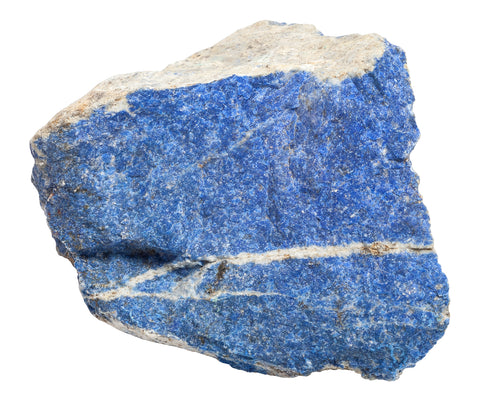
Lapis lazuli makes a fantastic alternative to Sapphire for a september birthstone. Back in the ancient ages, lapis lazuli was actually called sapphire in some cultures where they did not have access to today’s Sapphire. As you can imagine this has caused some confusion over ancient written records from that time!
Lapis lazuli is regarded as a modern September birthstone particularly in the UK. Find out more about Lapis Lazuli's meaning and uses.
Shop Lapis Lazuli Jewellery
Iolite

Iolite, which is also known as Water Sapphire was particularly popular with the Vikings. It ranges in colour from a light to a deep blue, but generally has more of a grey “watery” tint than the genuine sapphire, and is much more affordable. In appearance it looks a lot like a sapphire, and it has its own unique meanings and uses too.
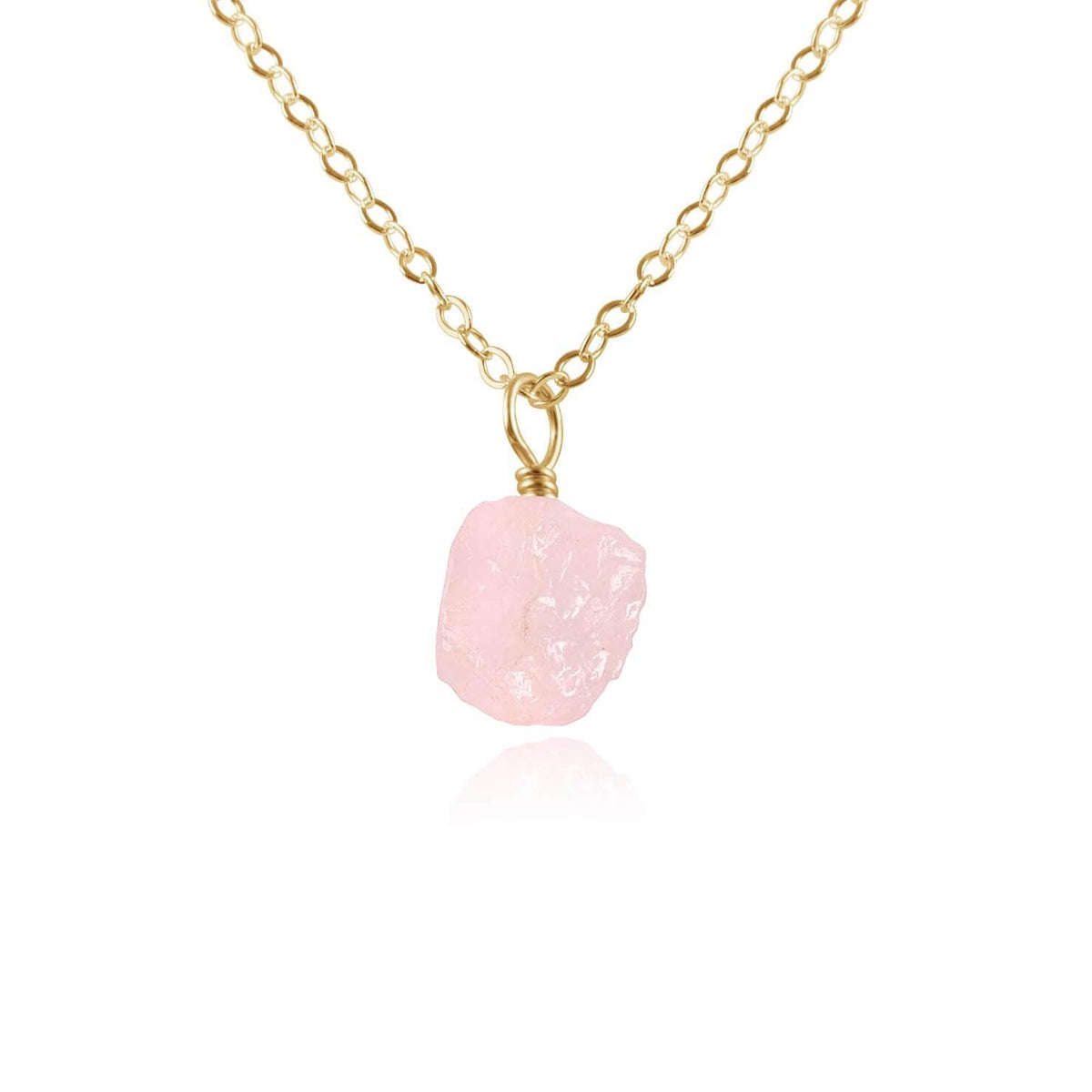
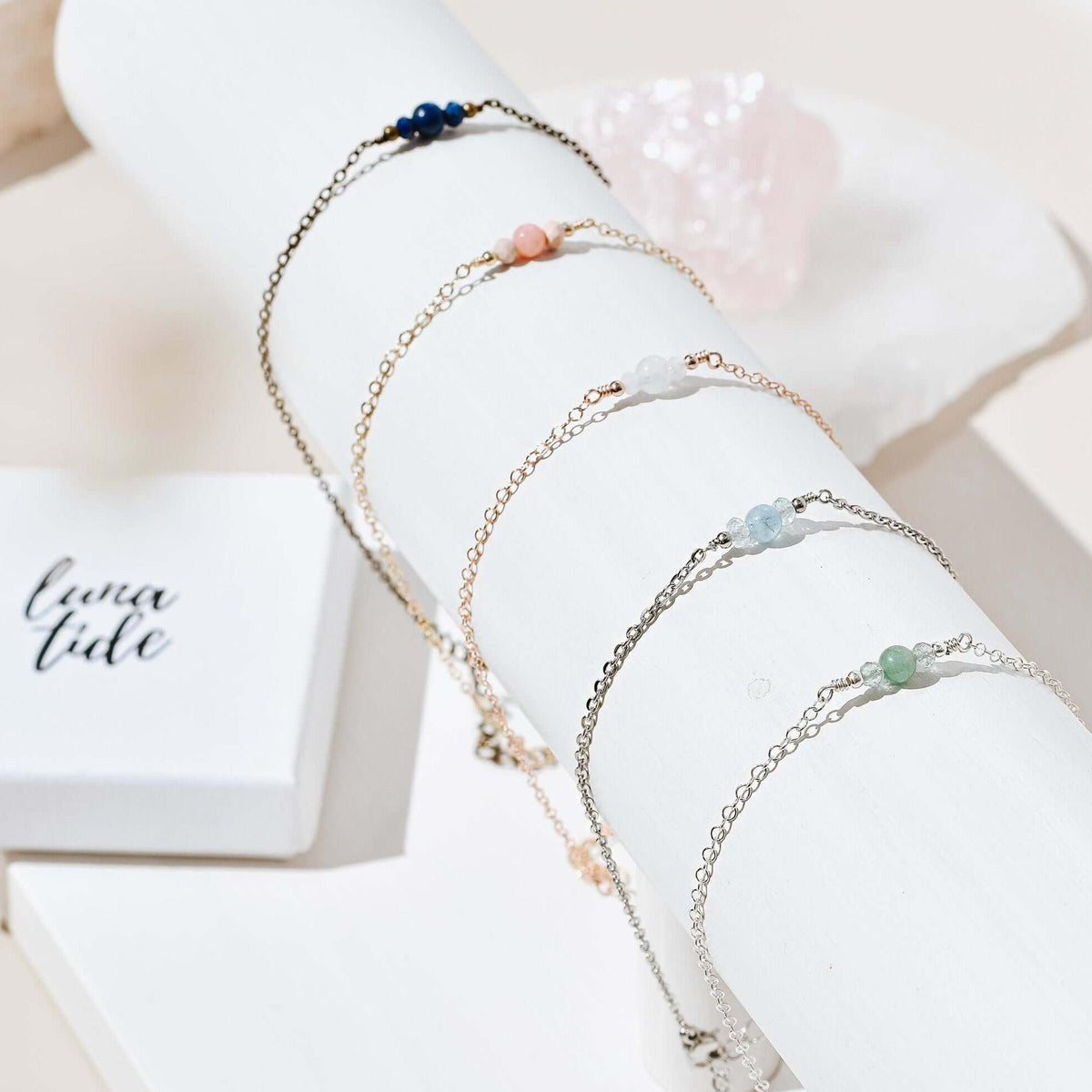
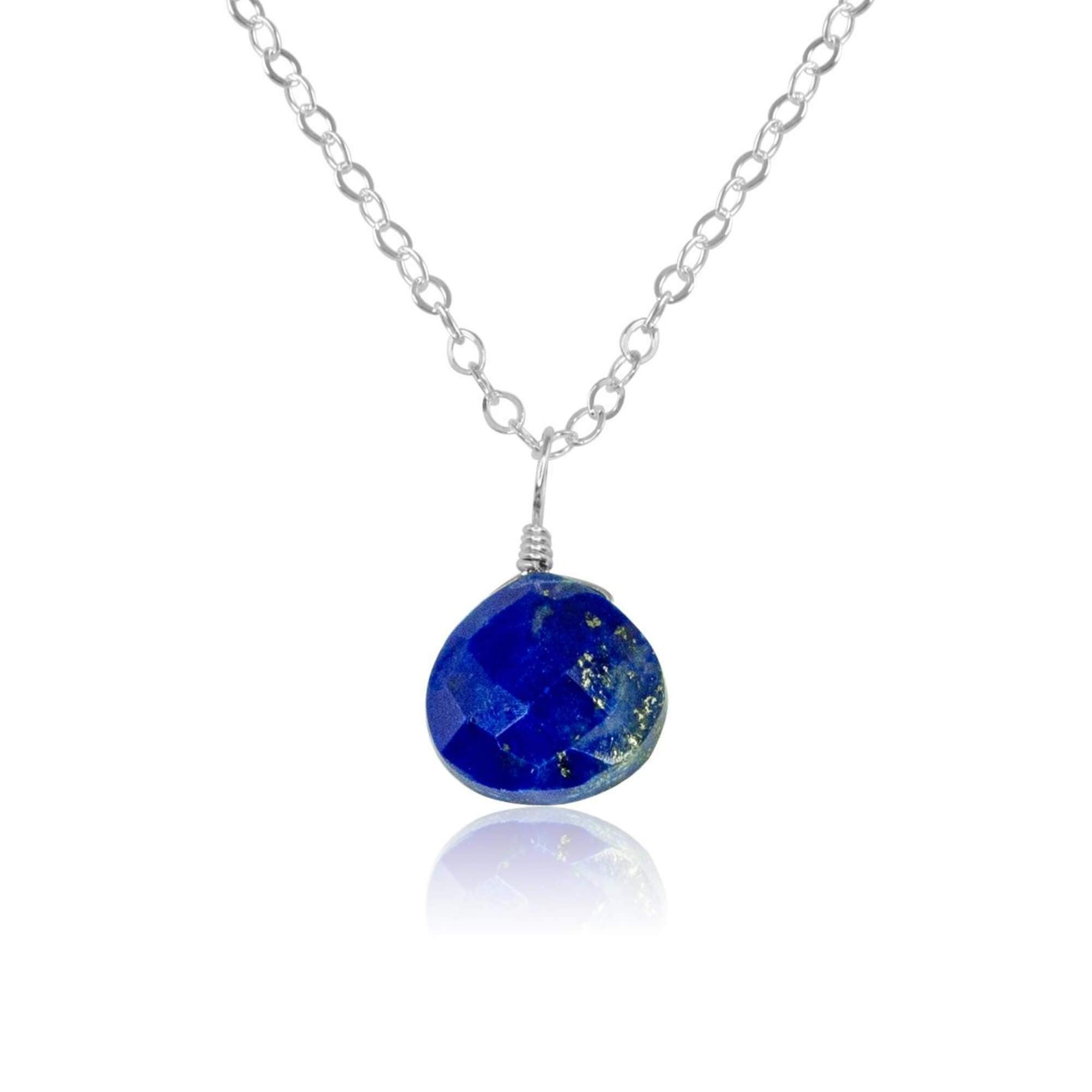

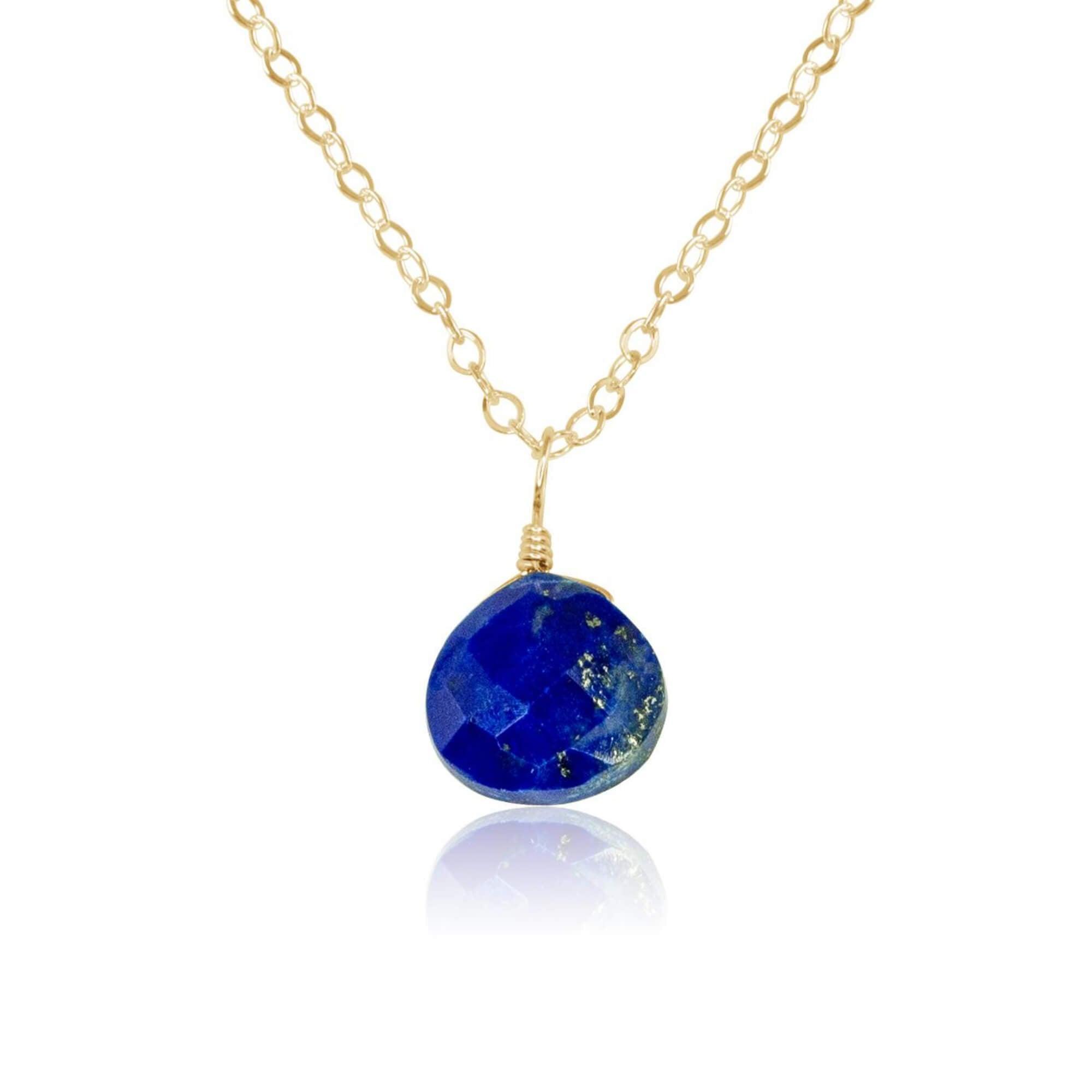
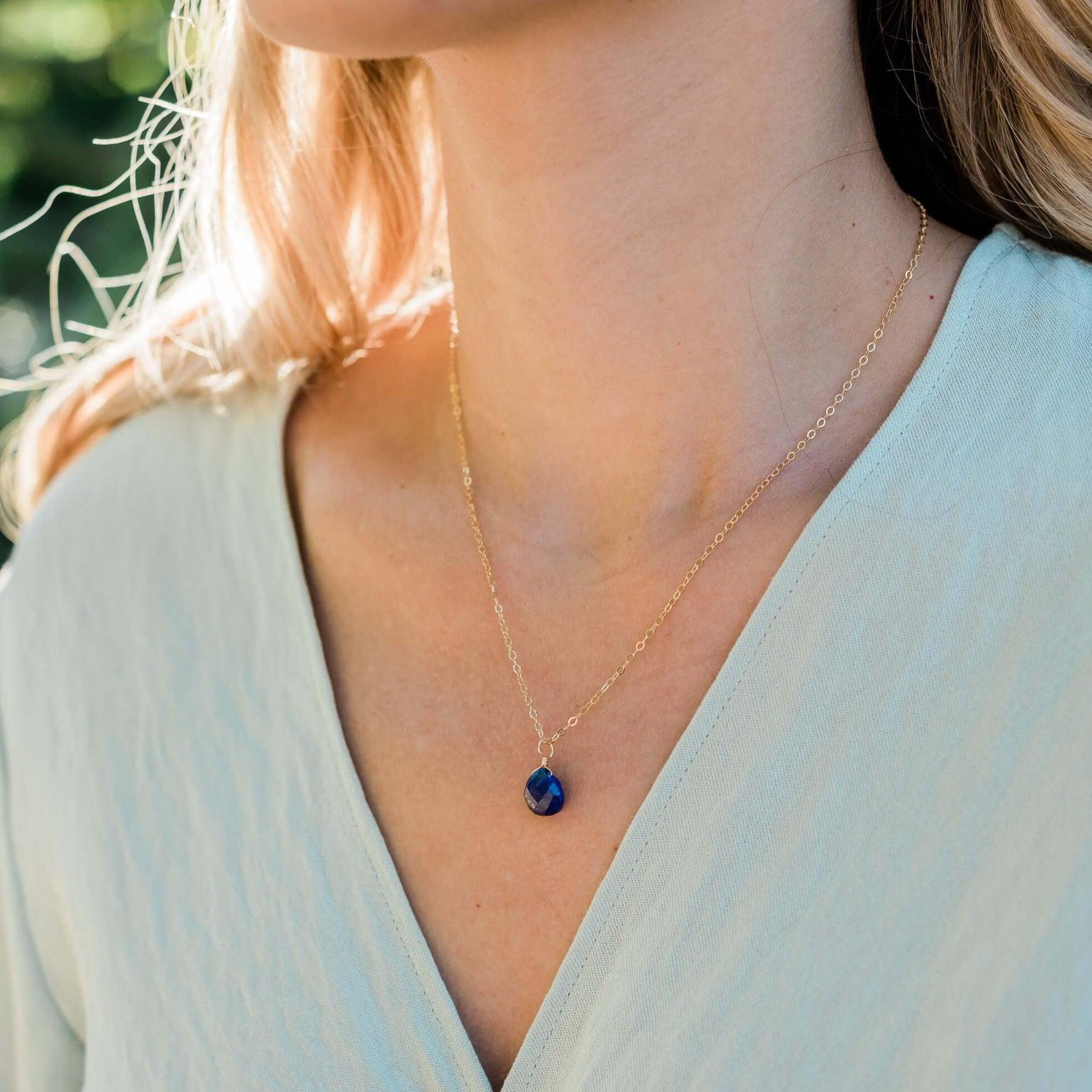
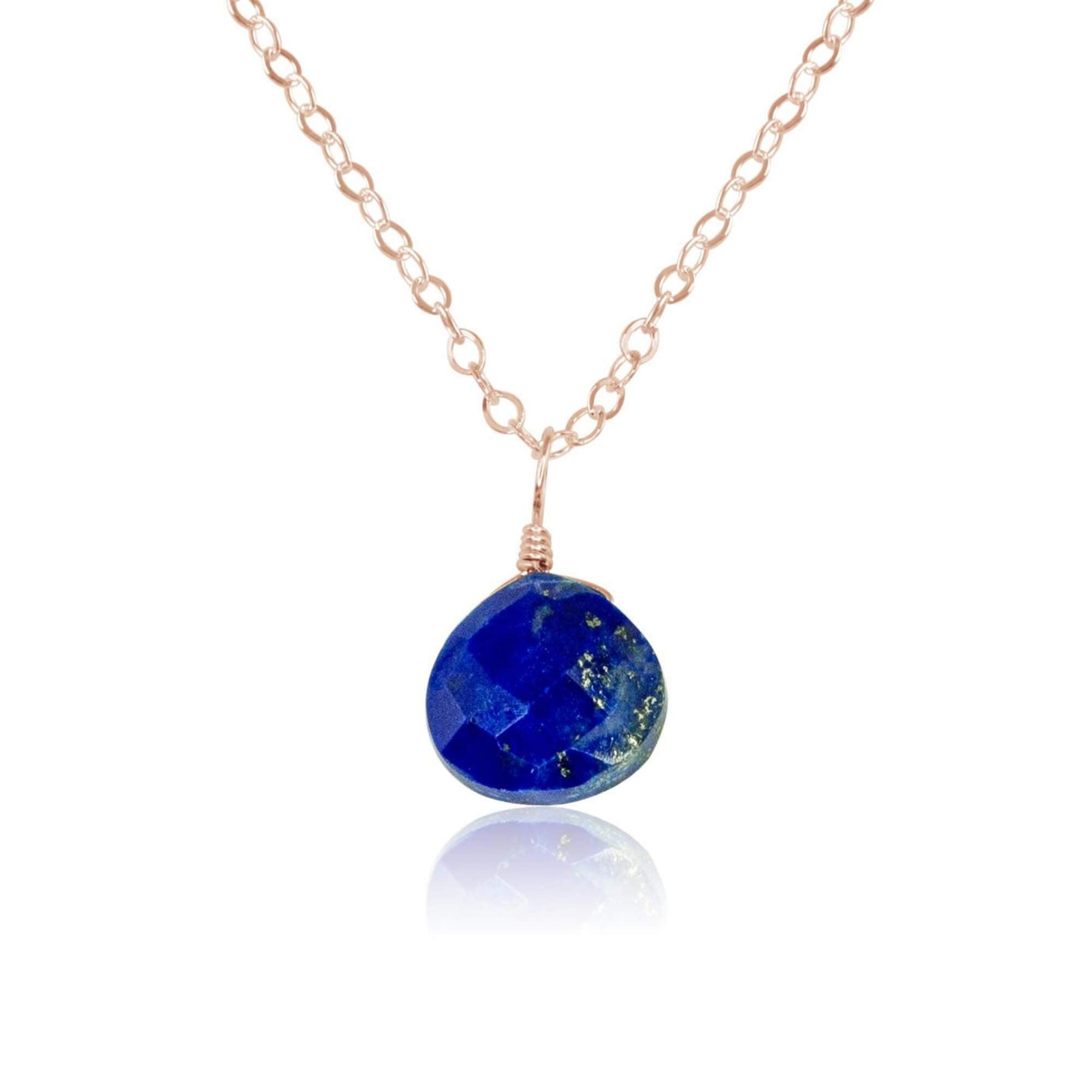
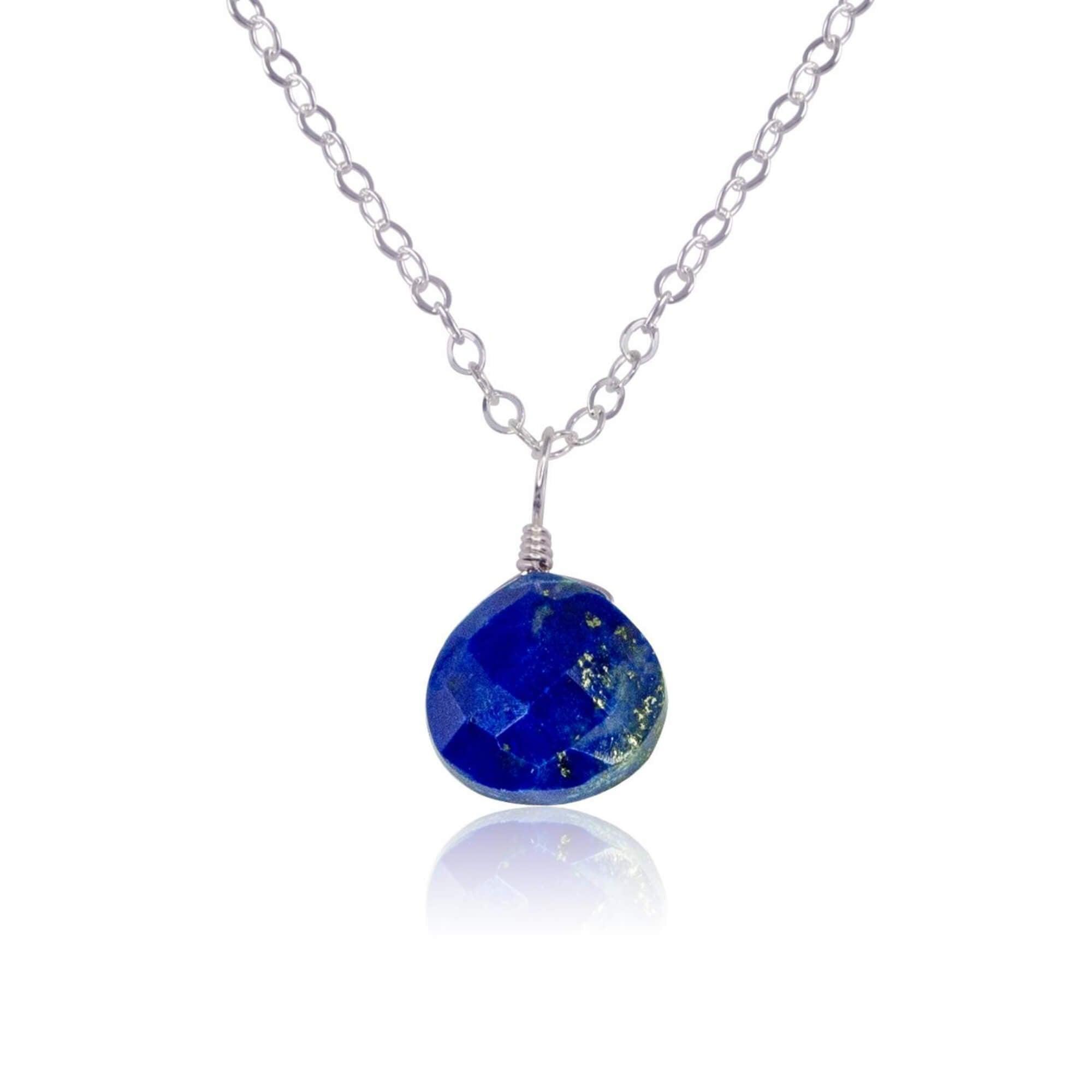
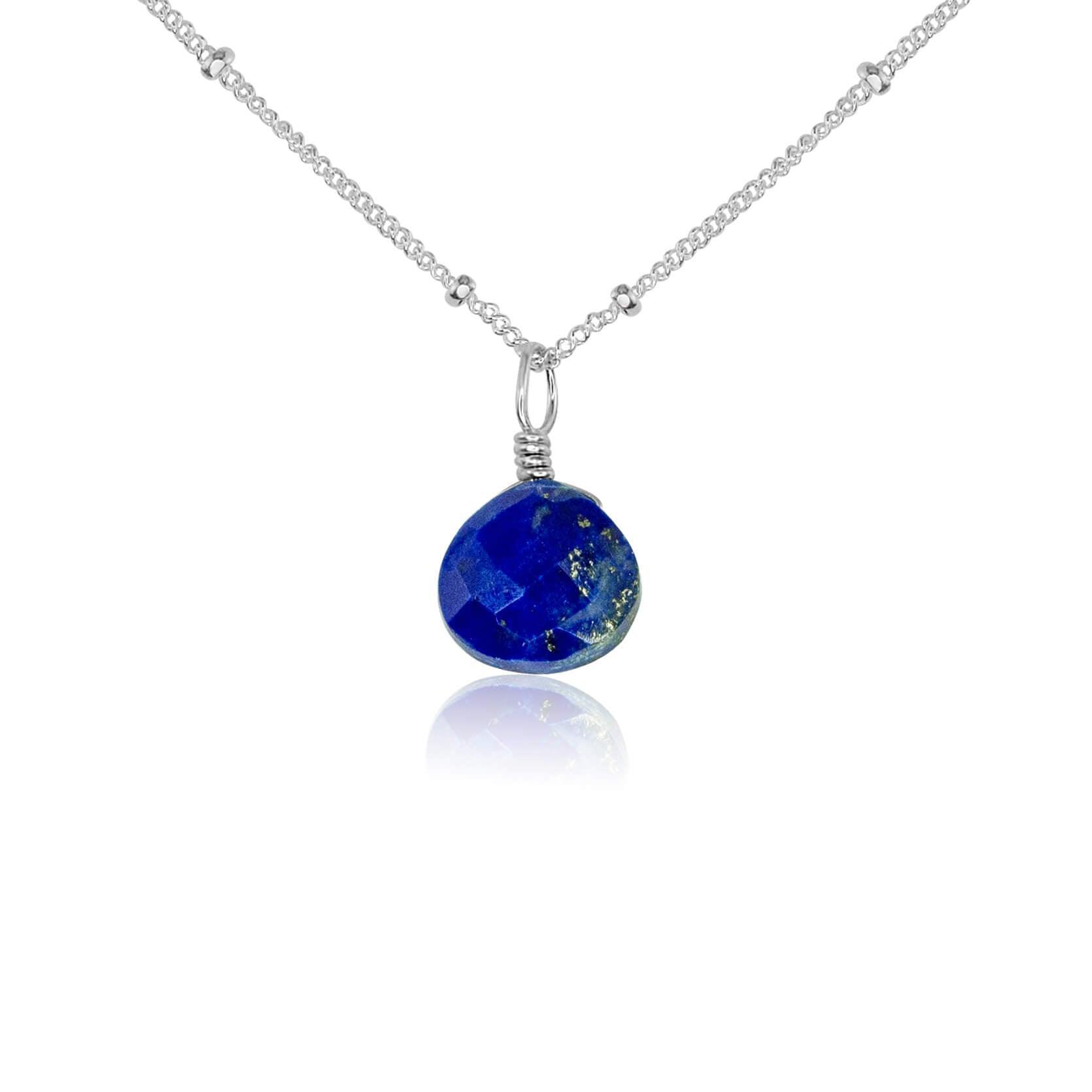

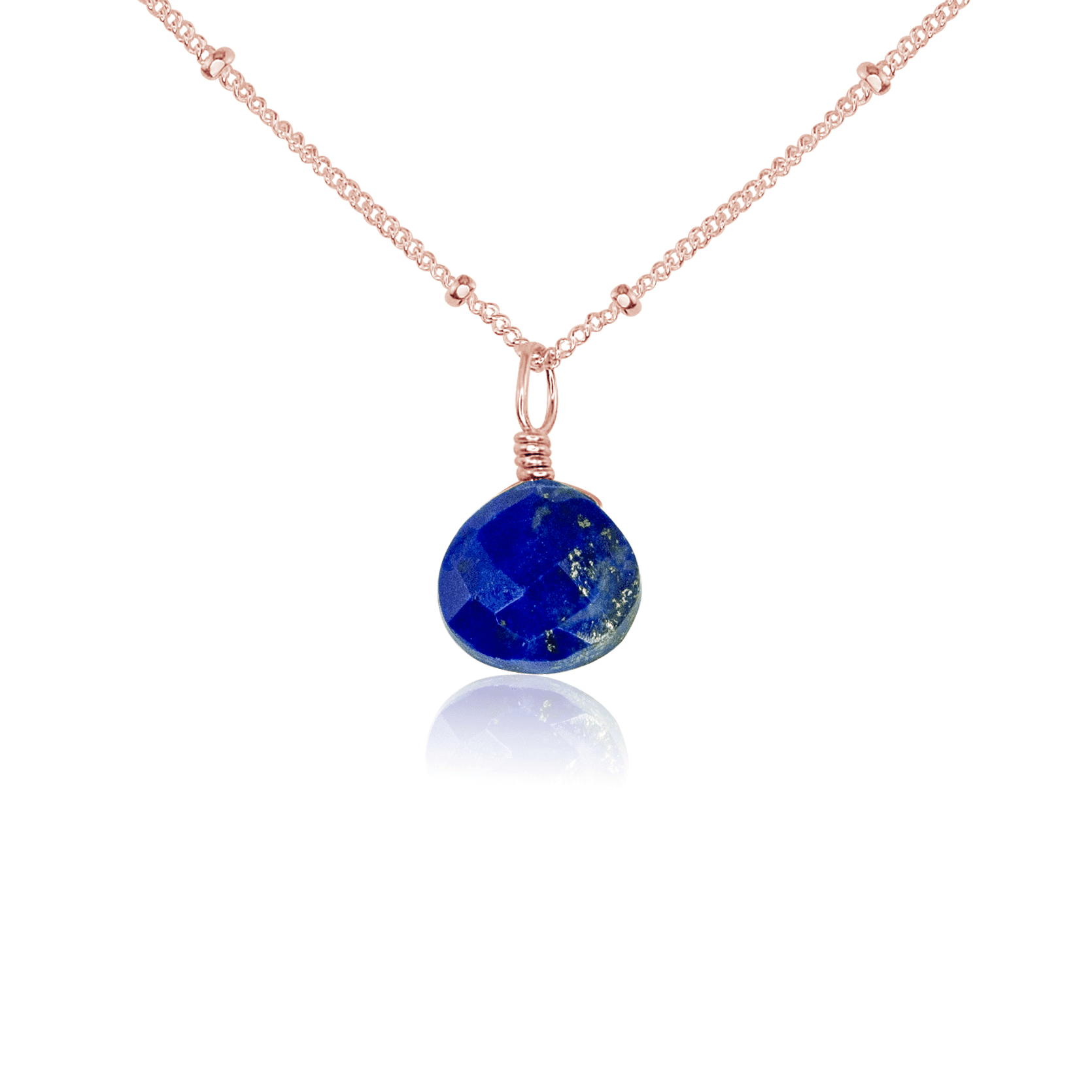
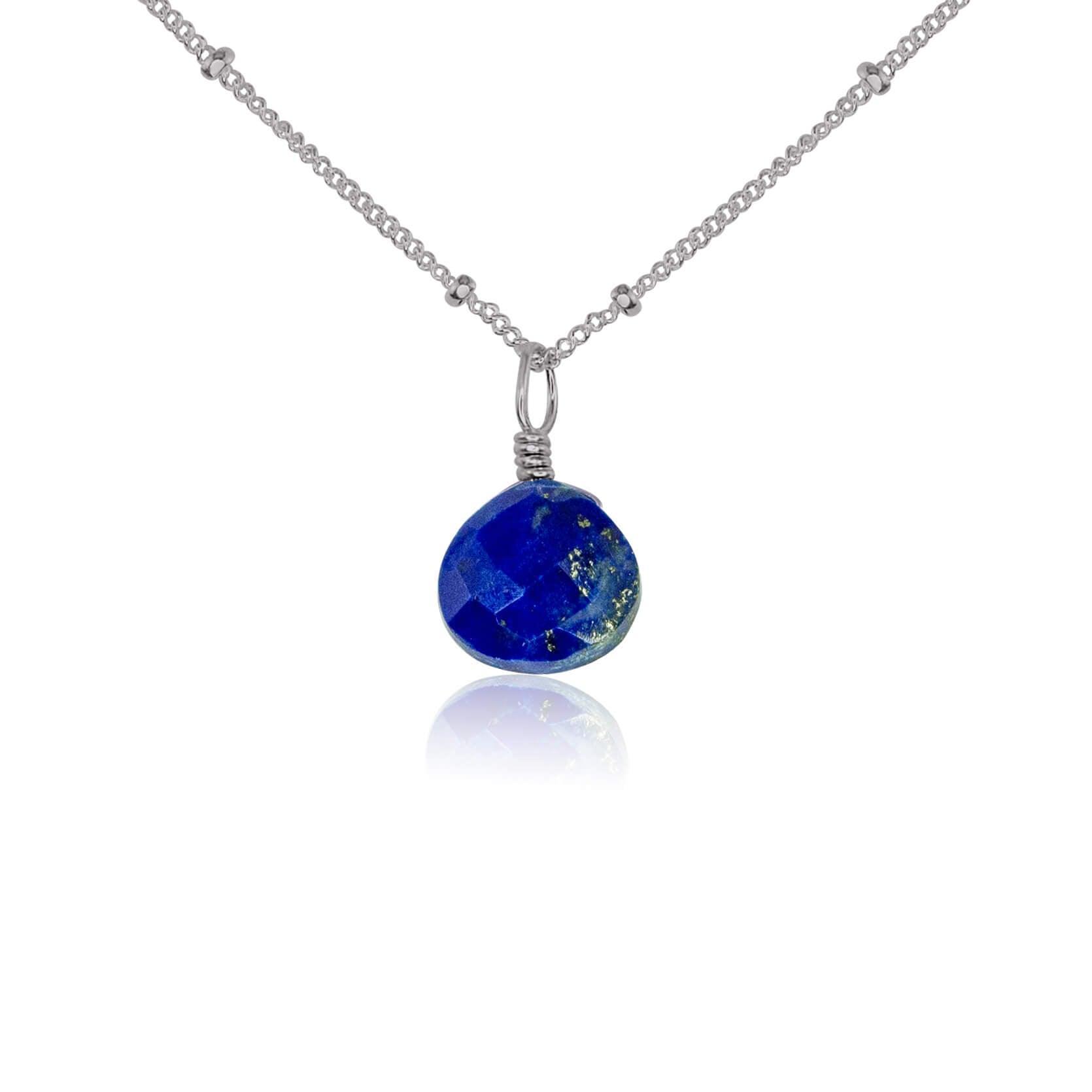

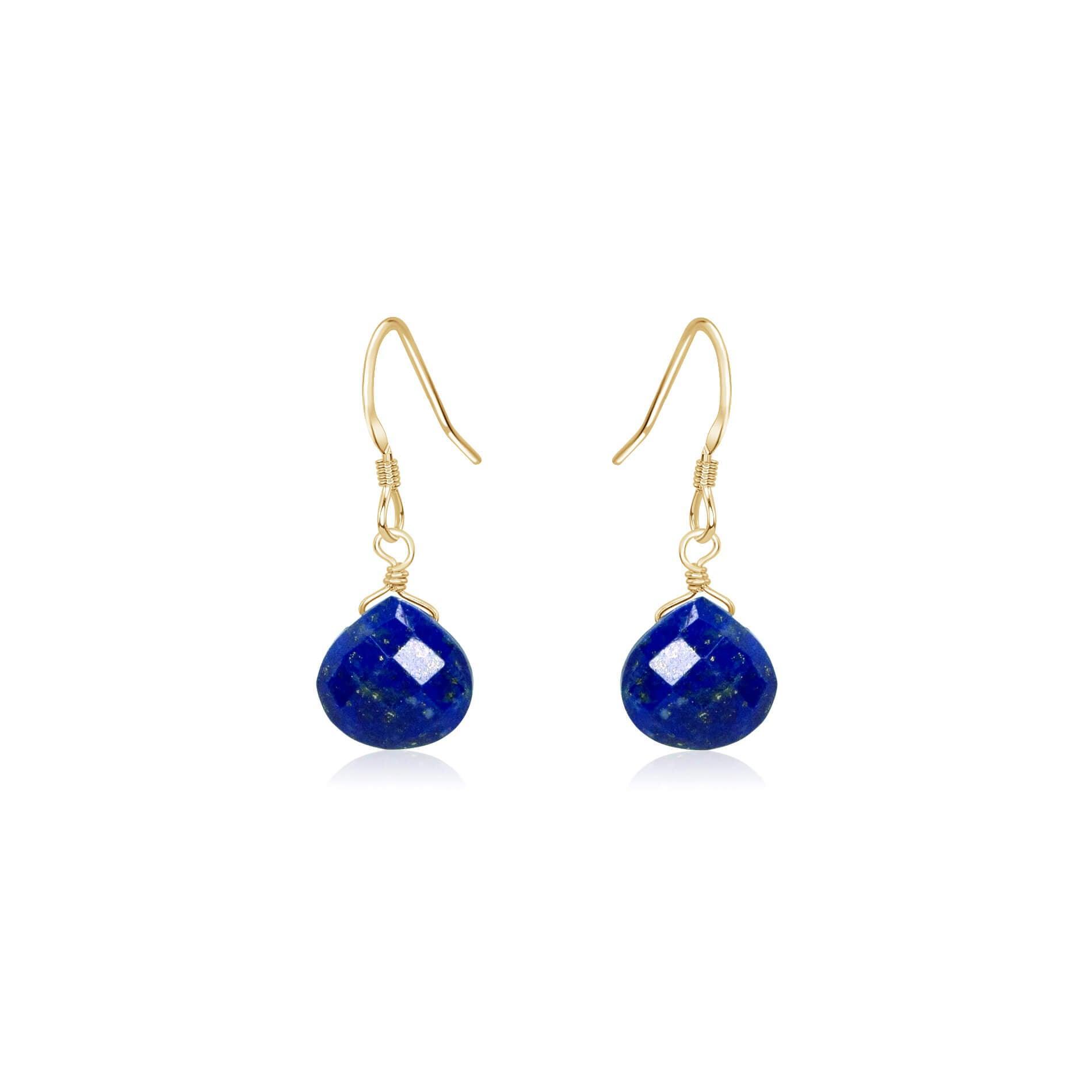
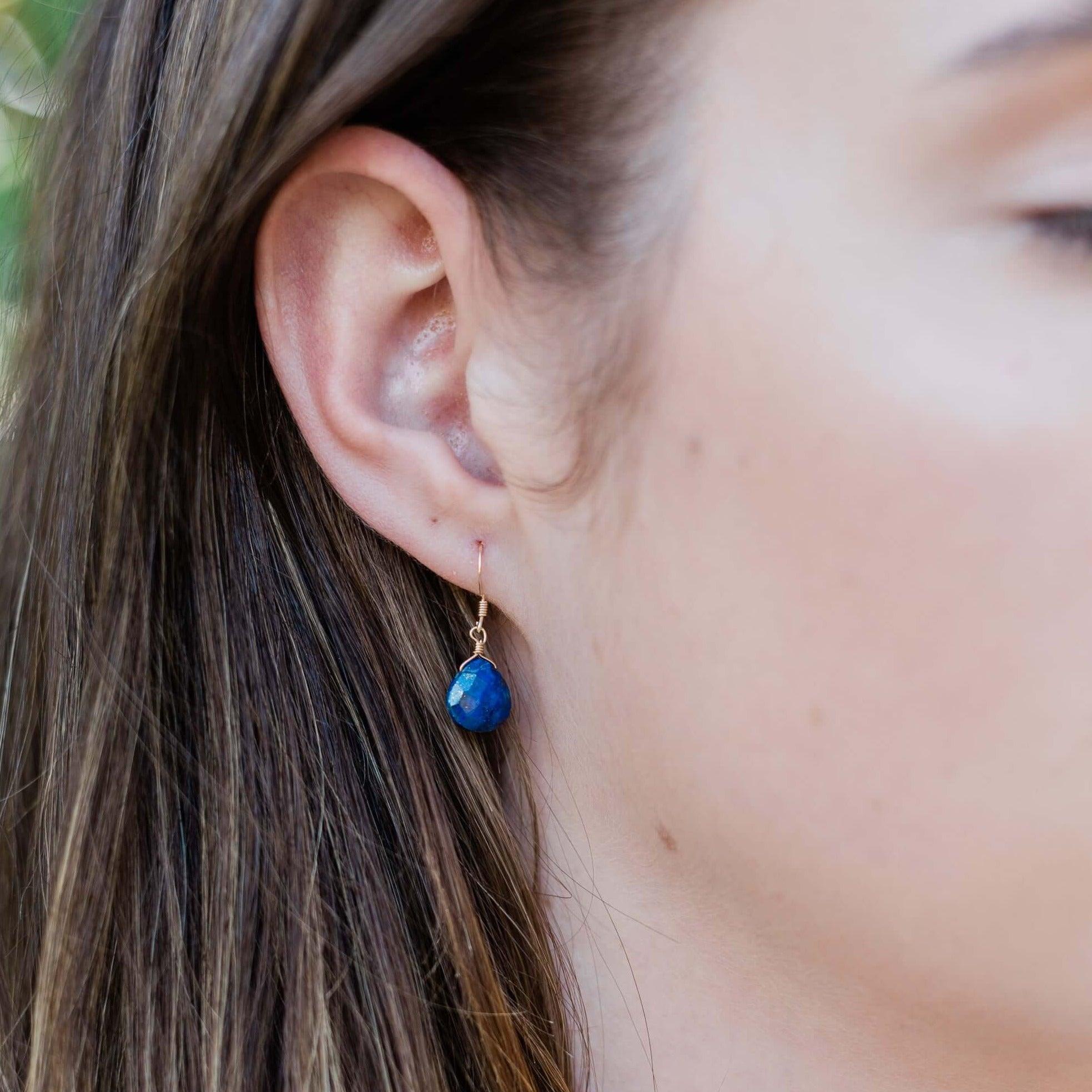


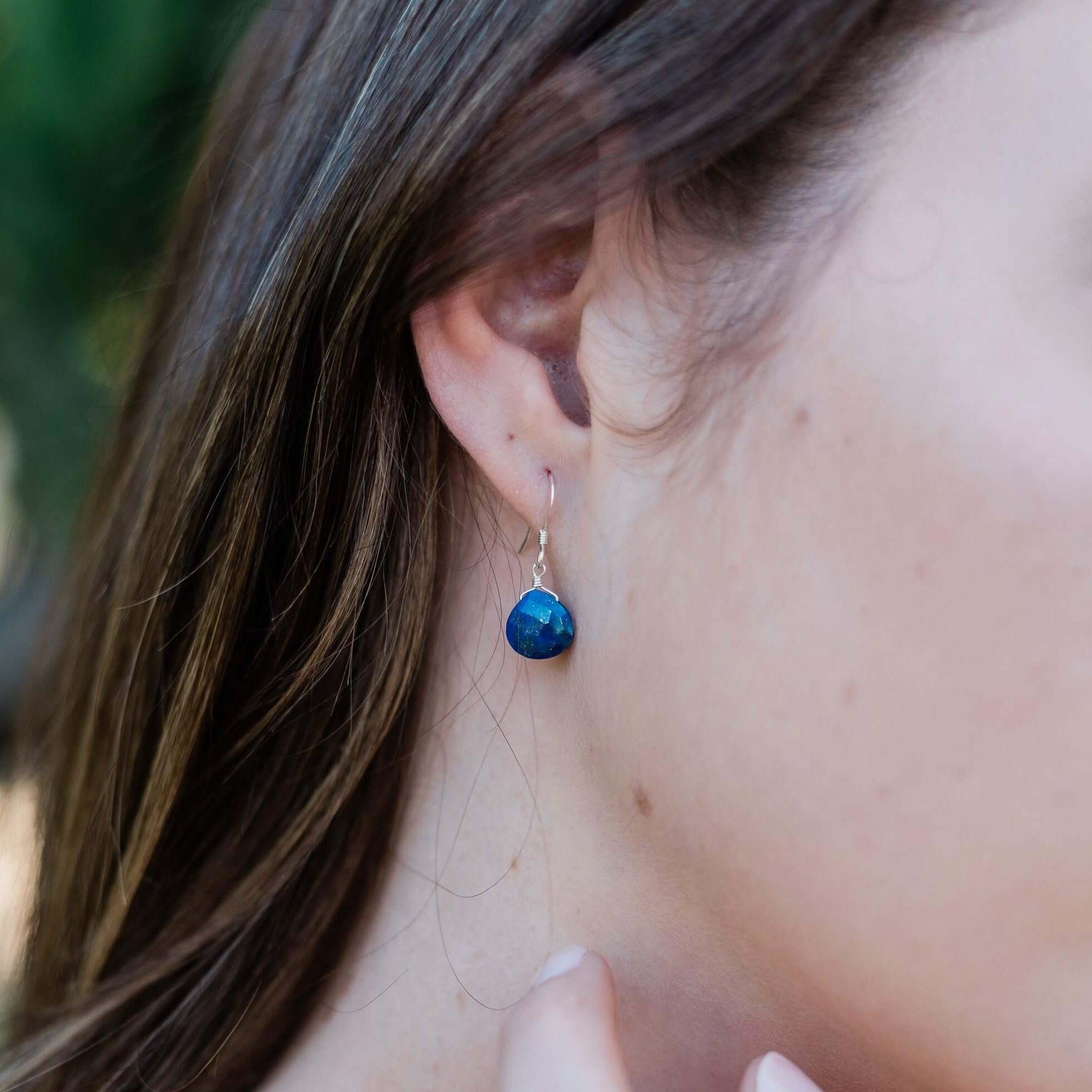







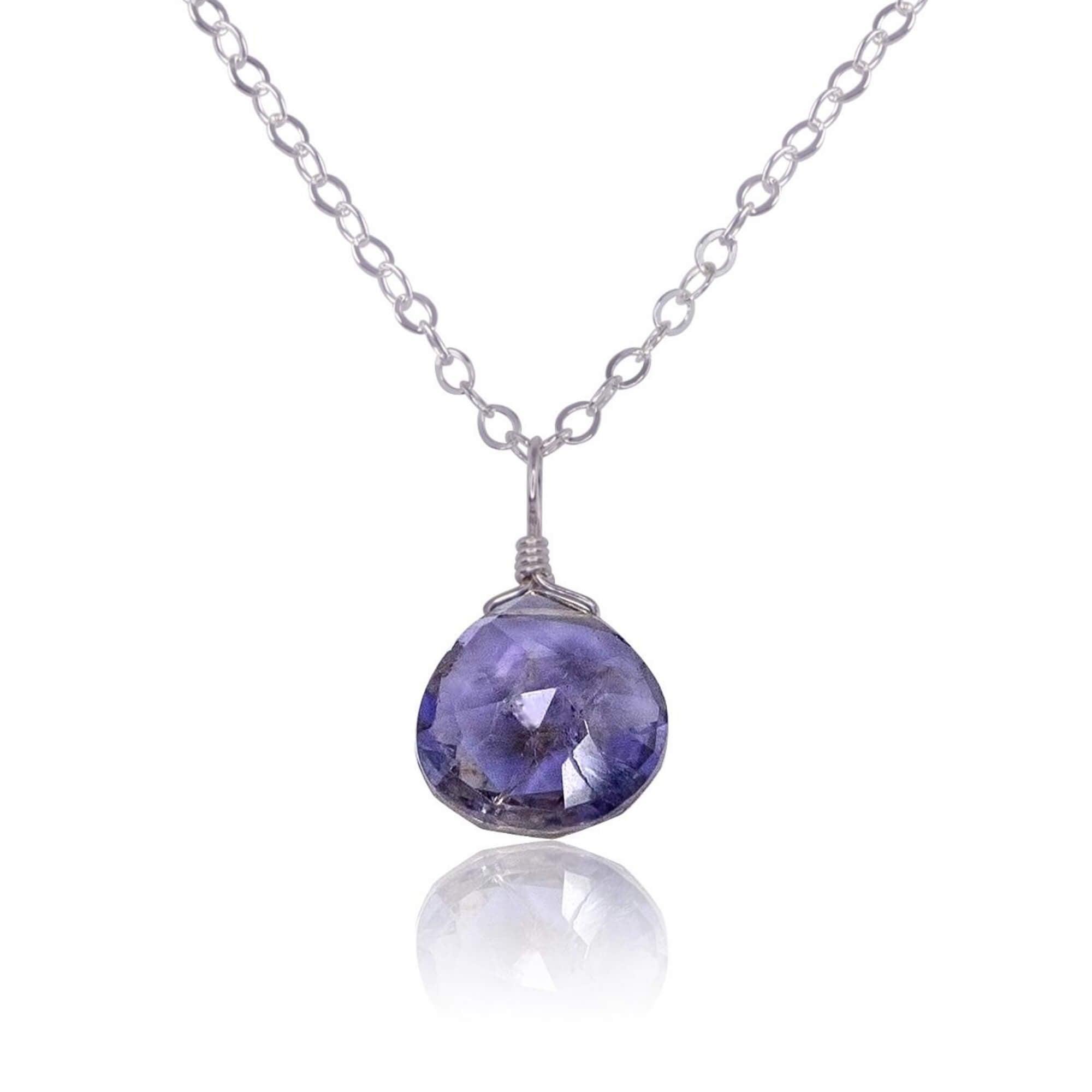



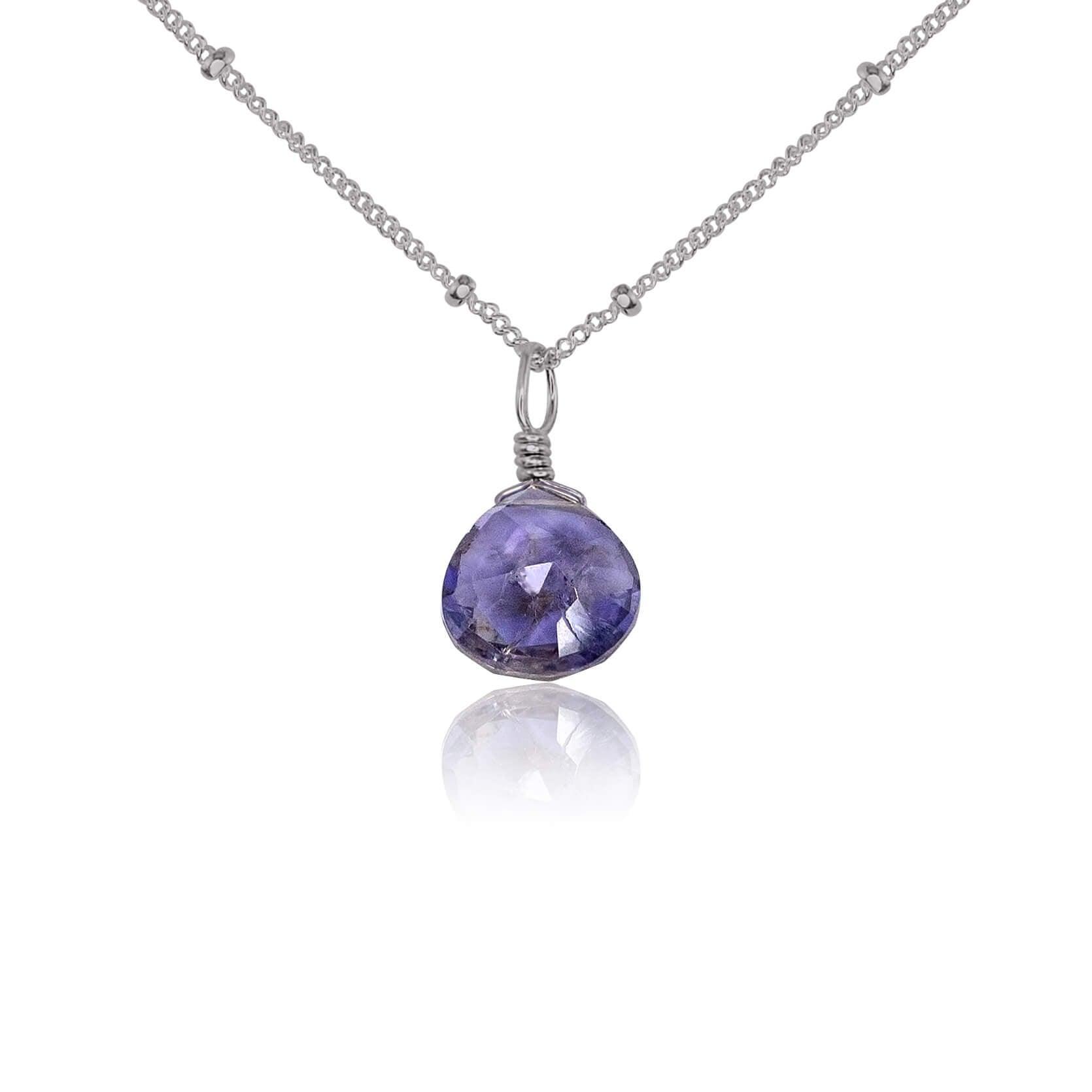
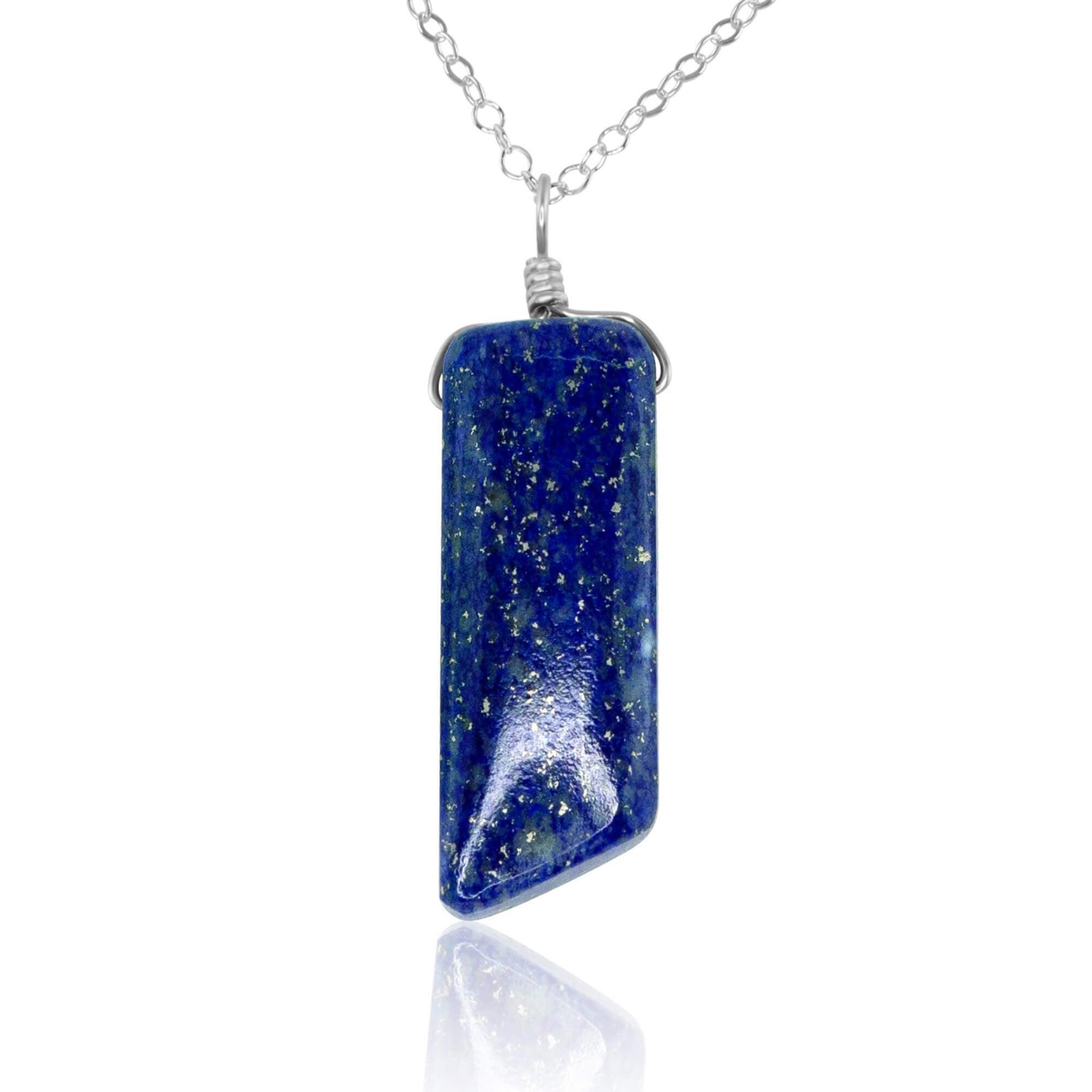
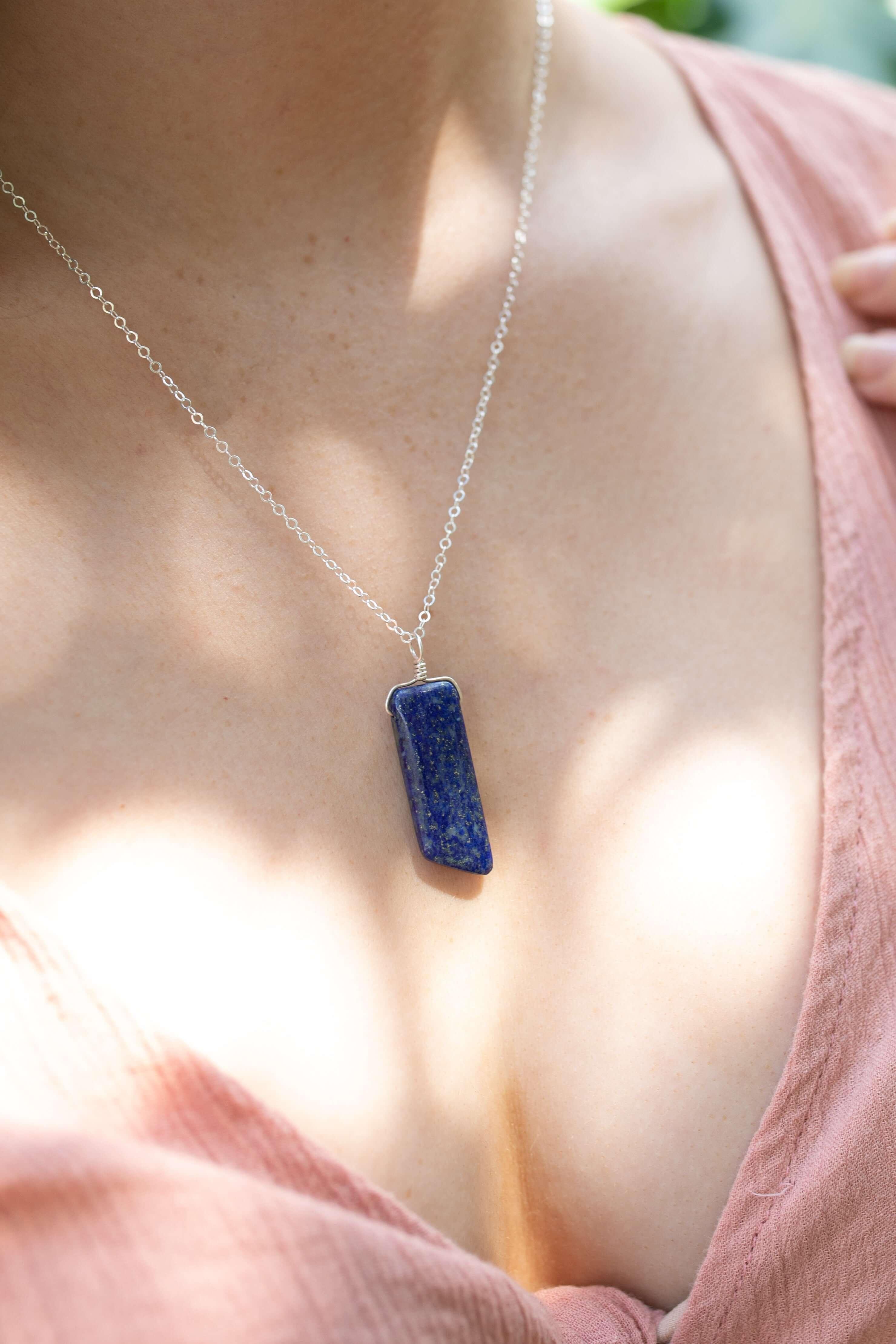
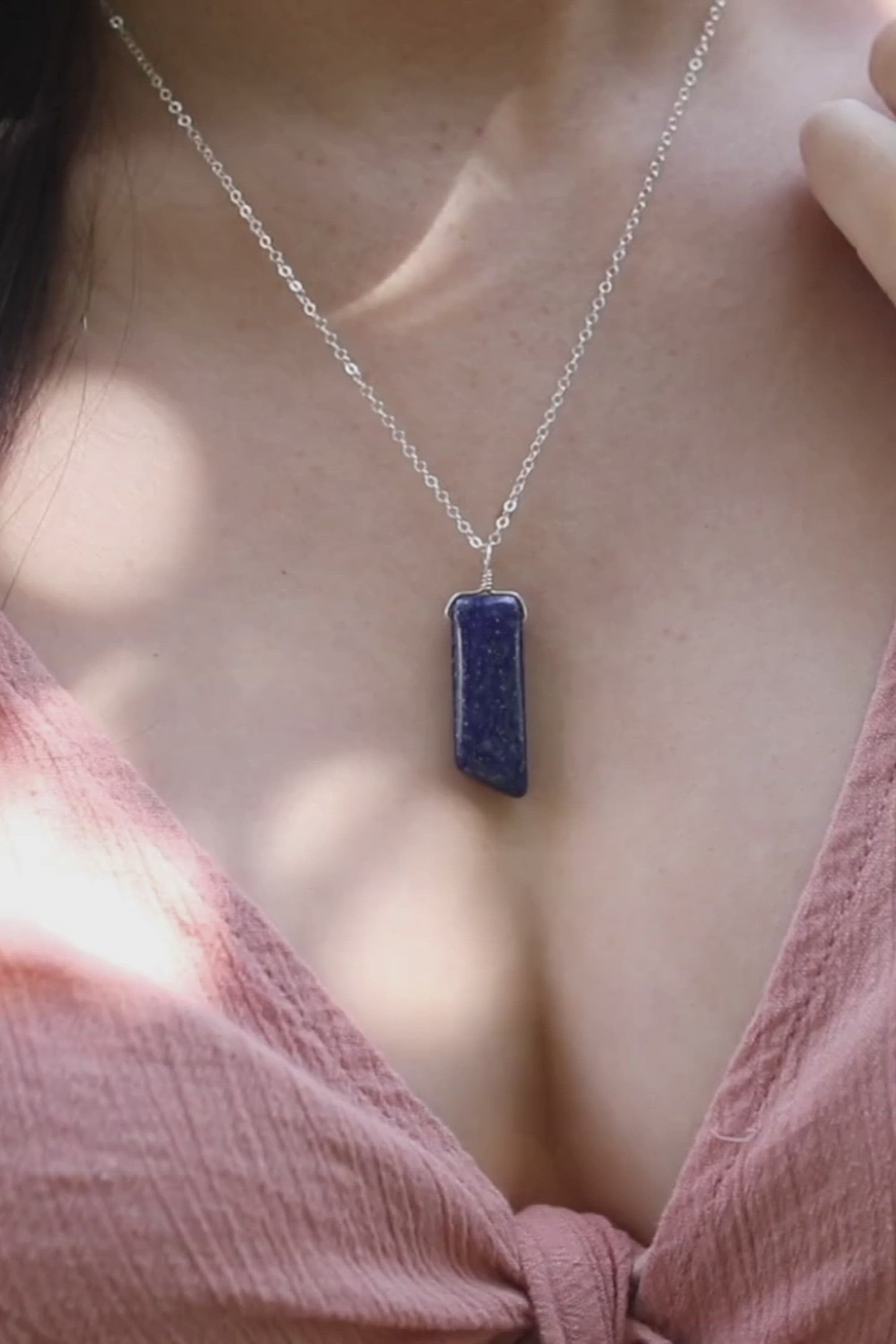
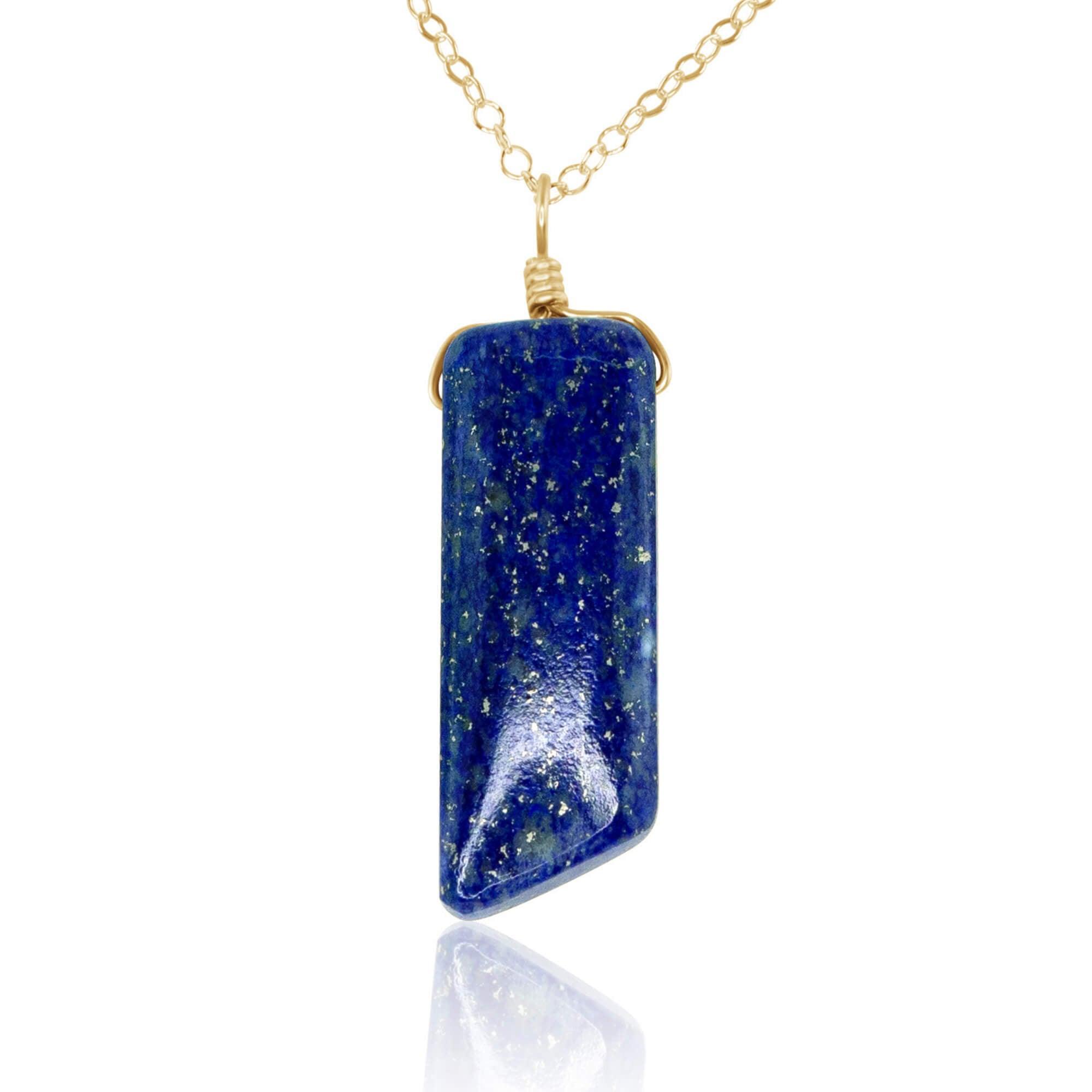
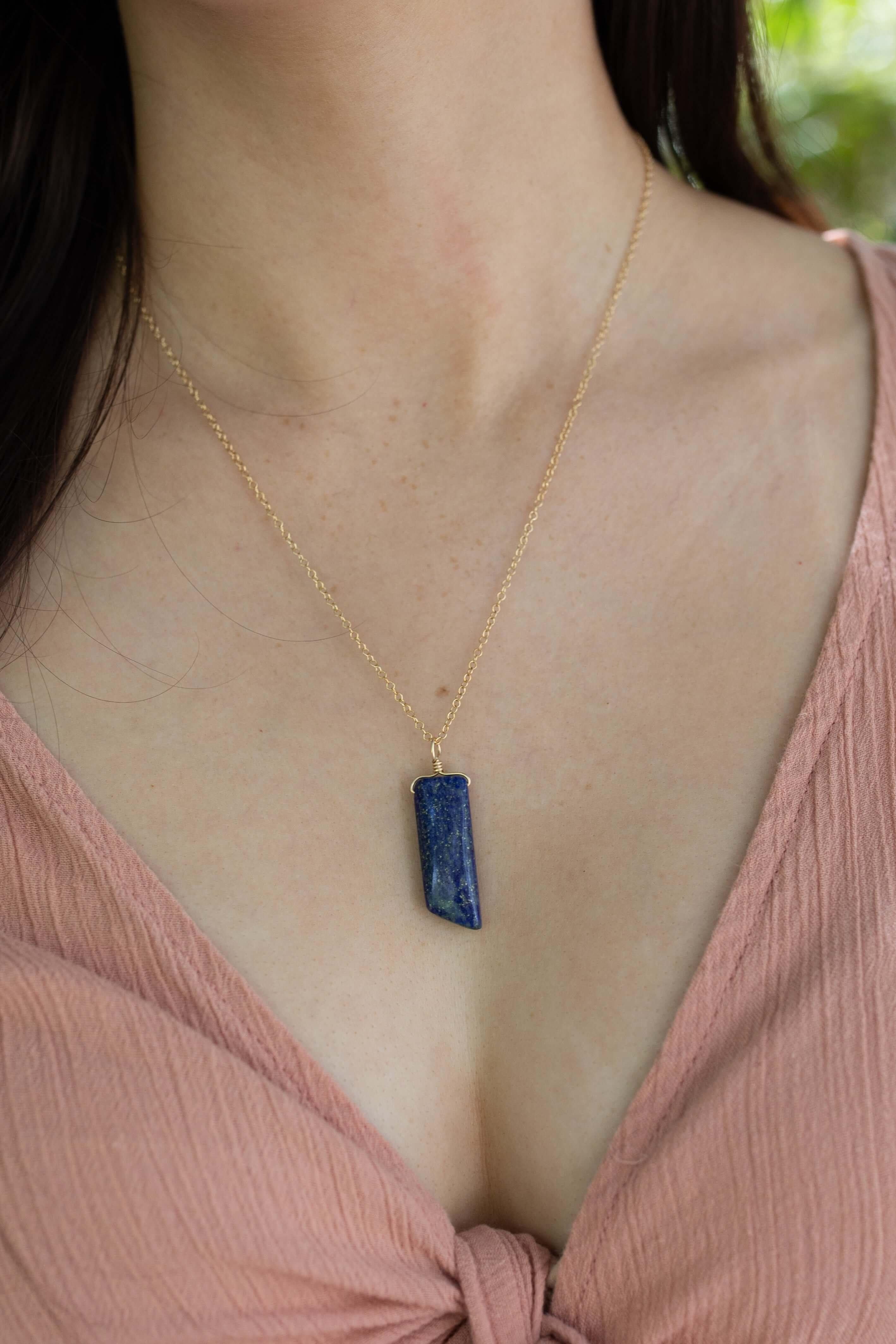
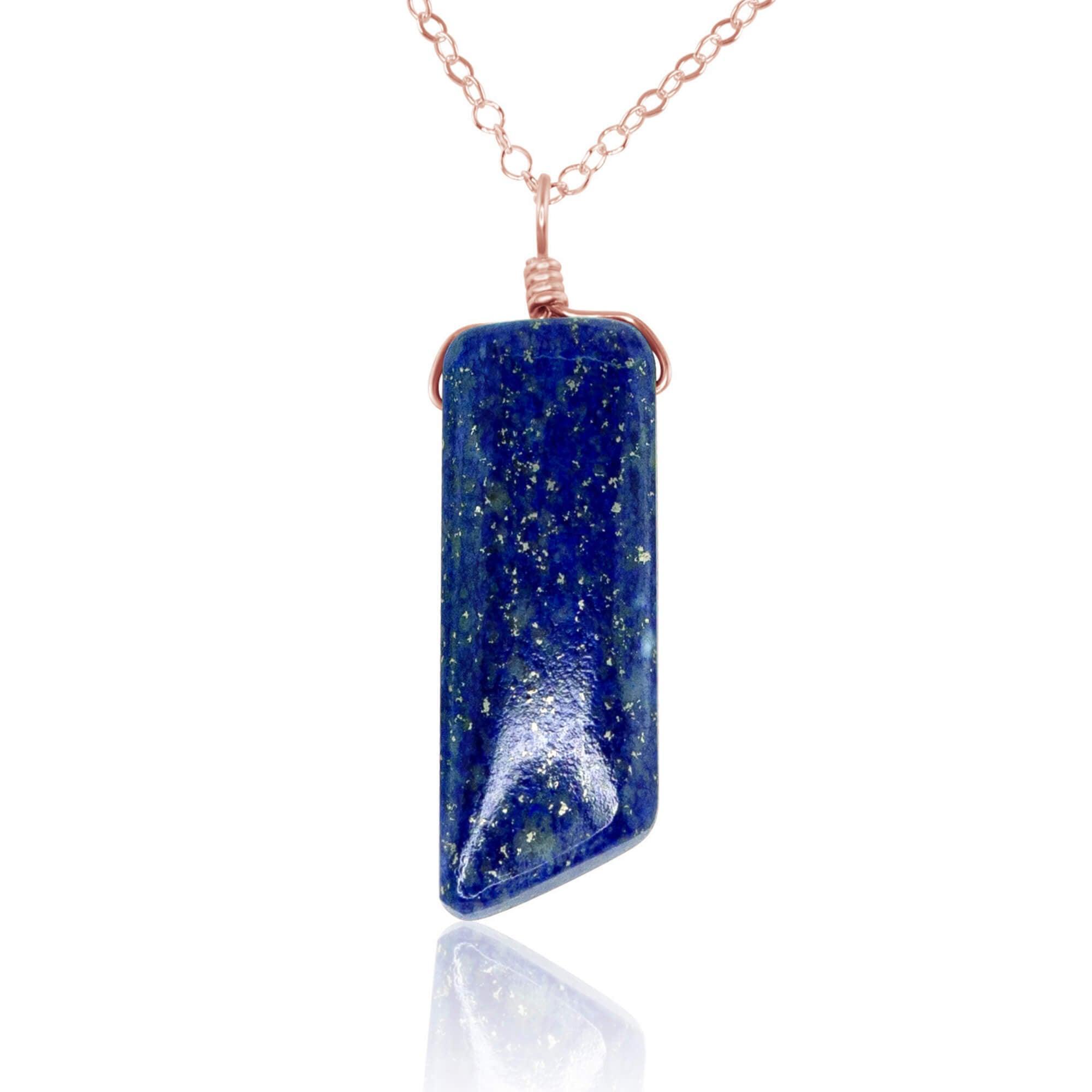

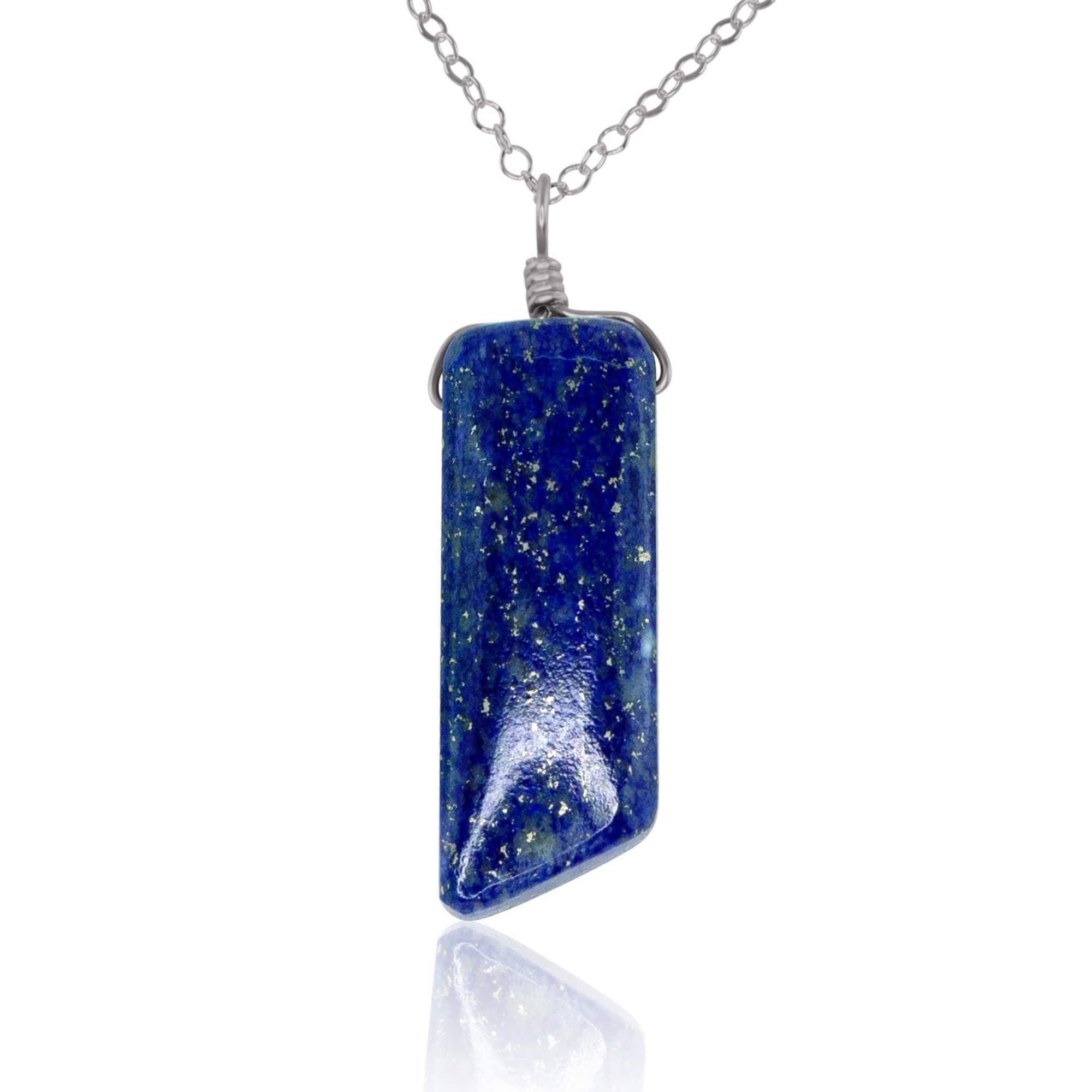
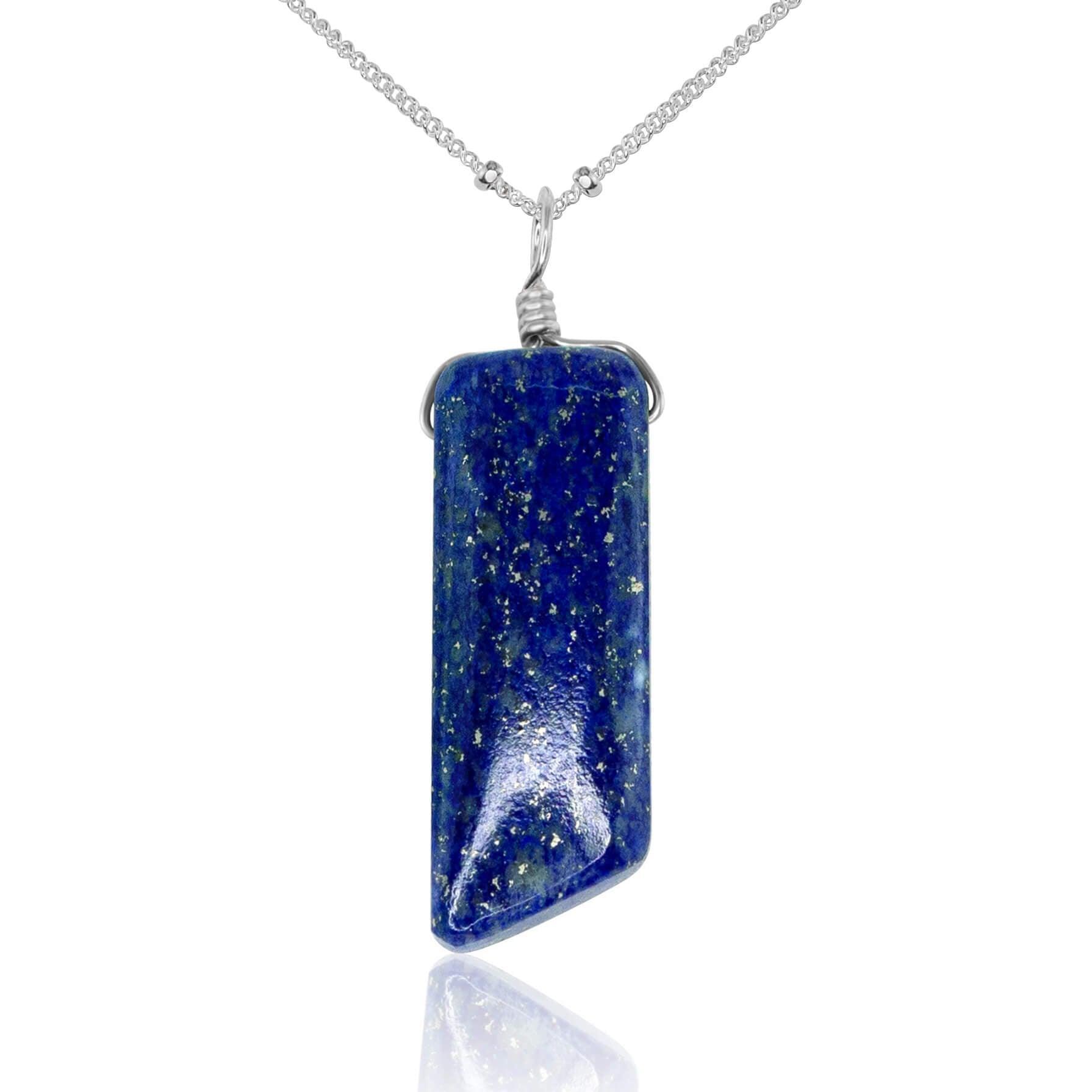
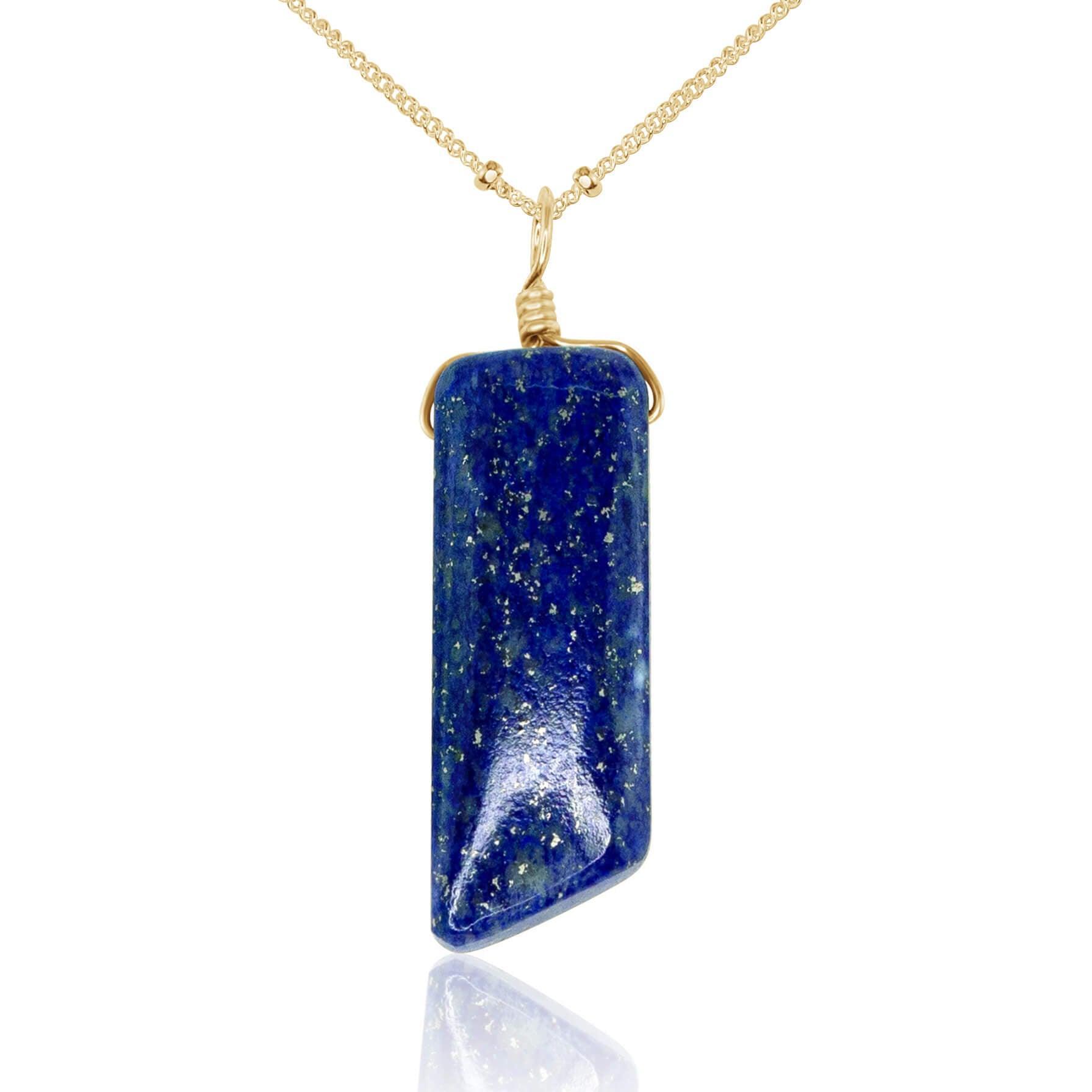
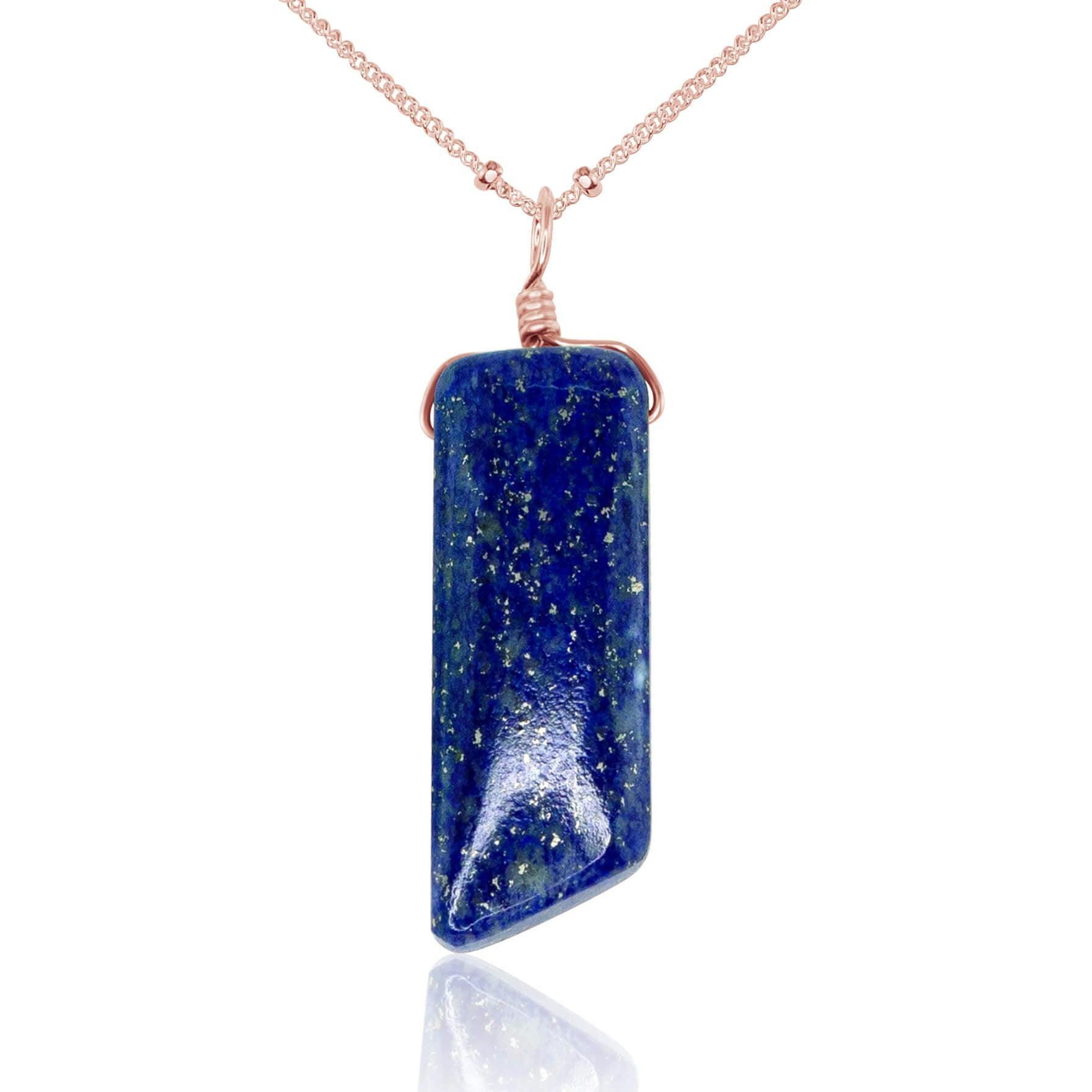
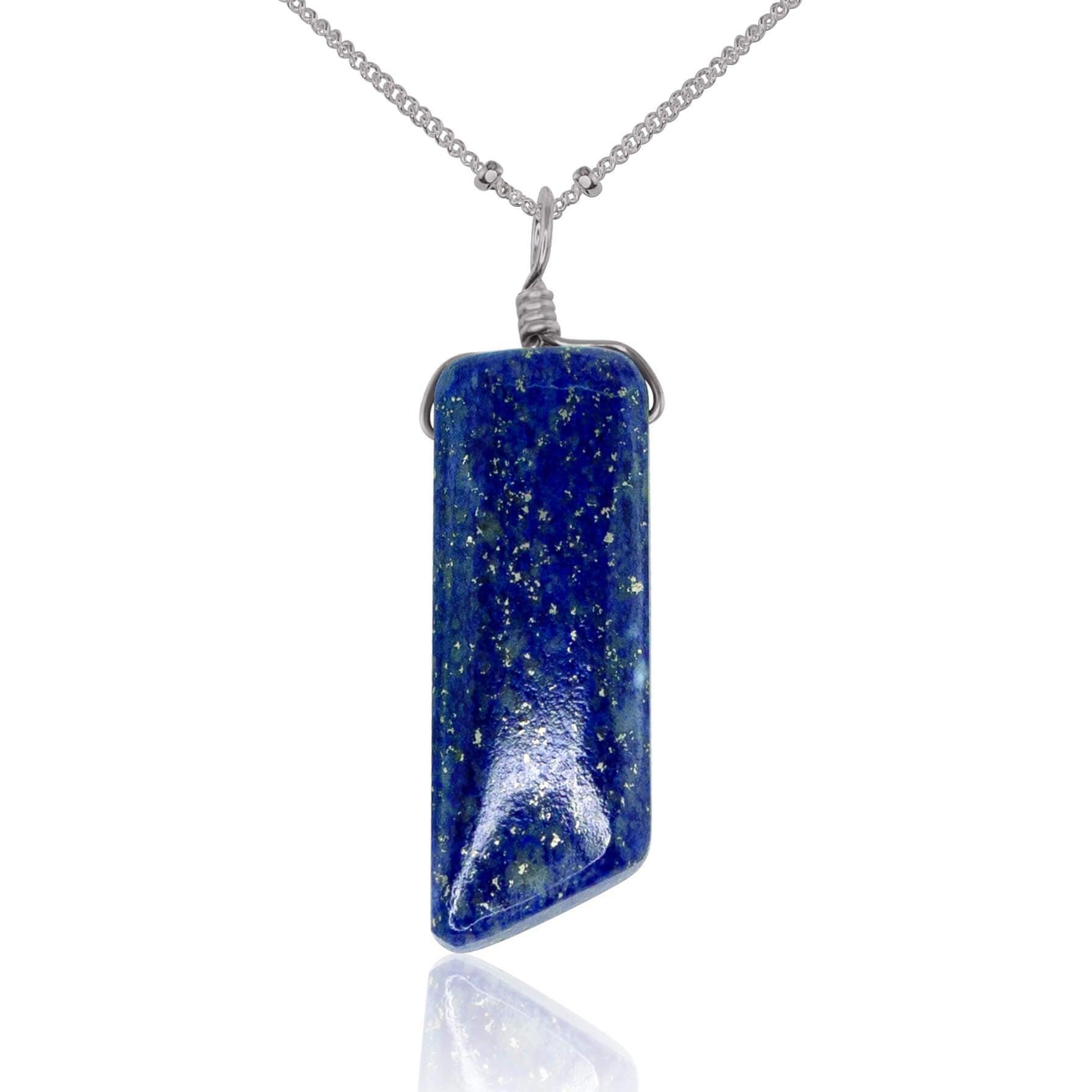
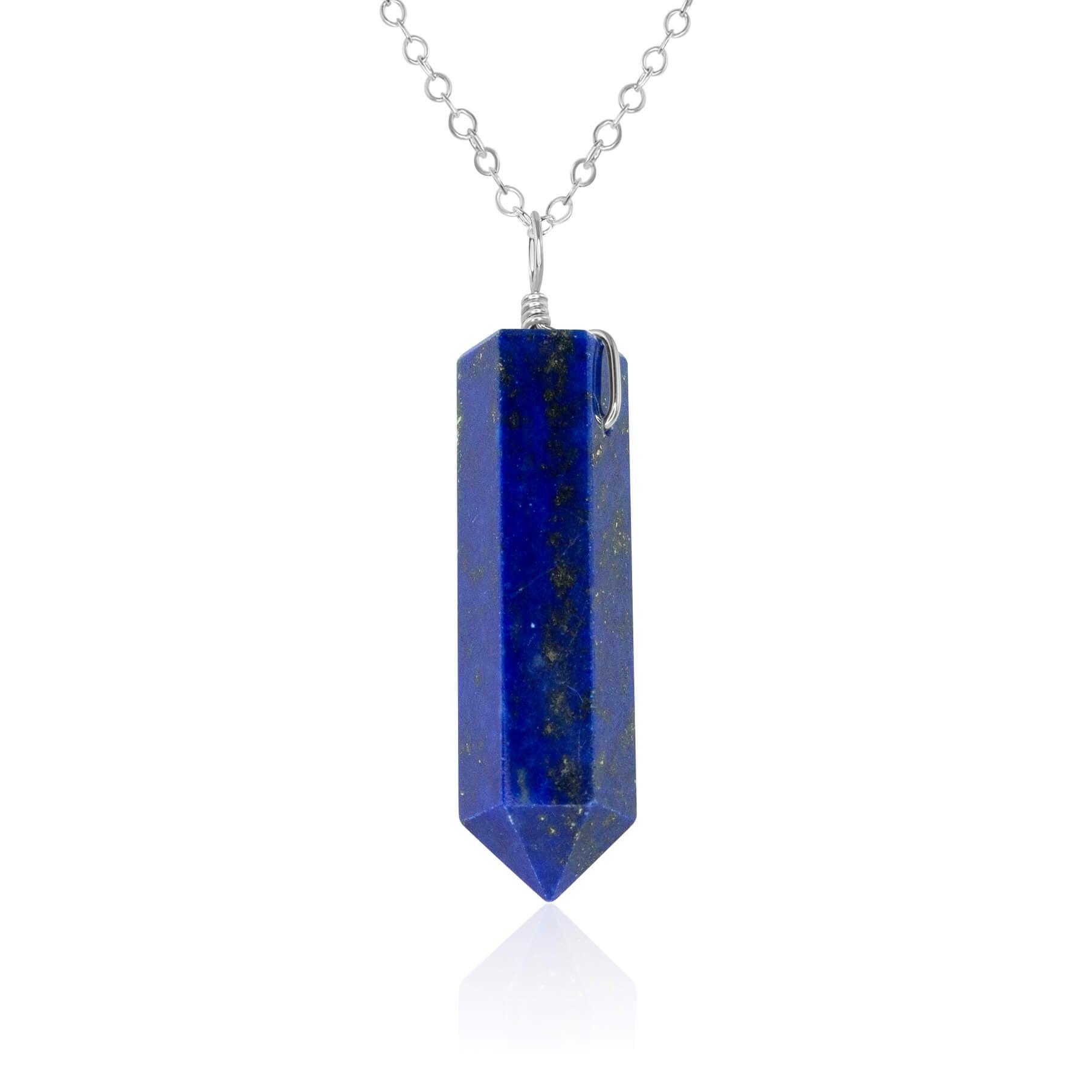
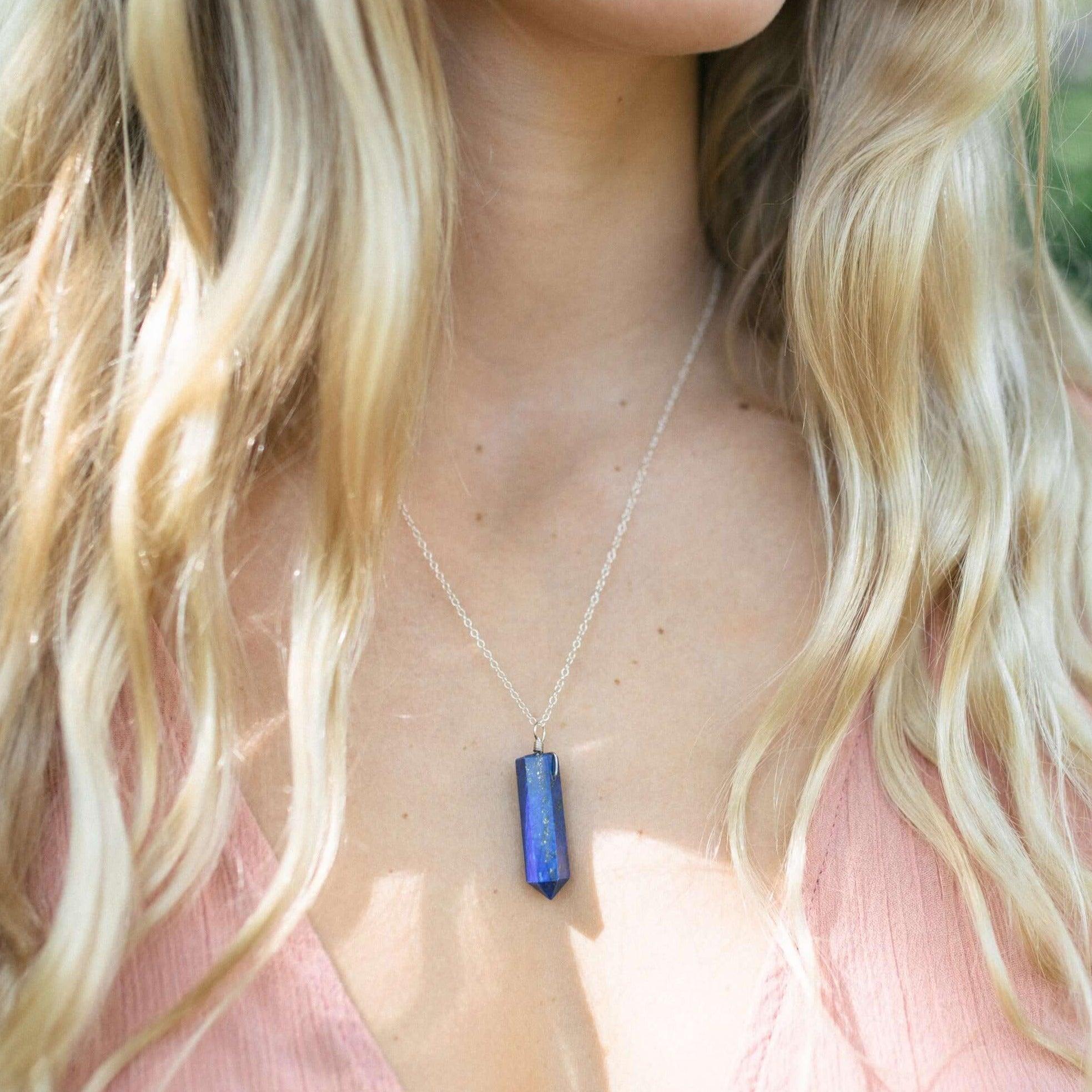
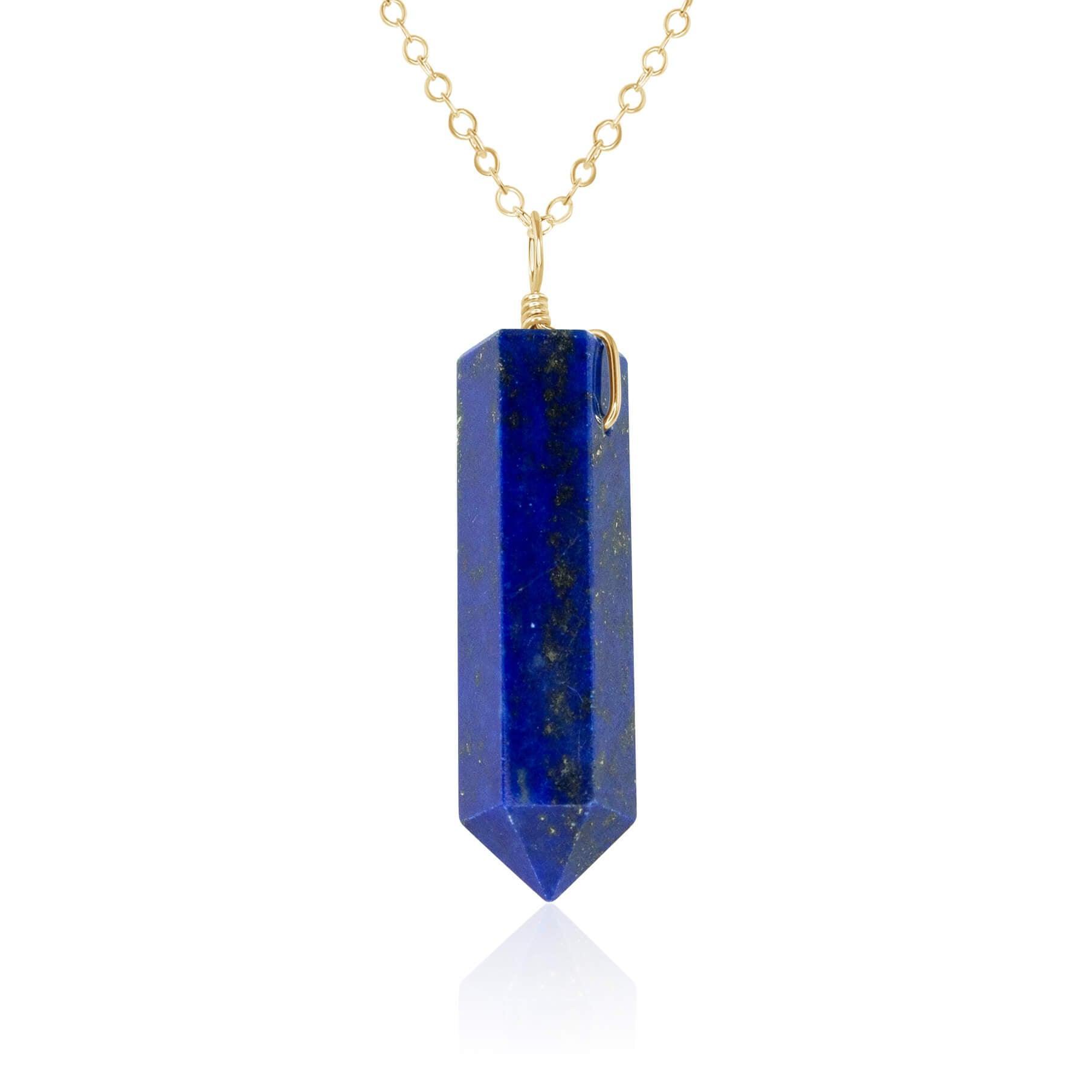
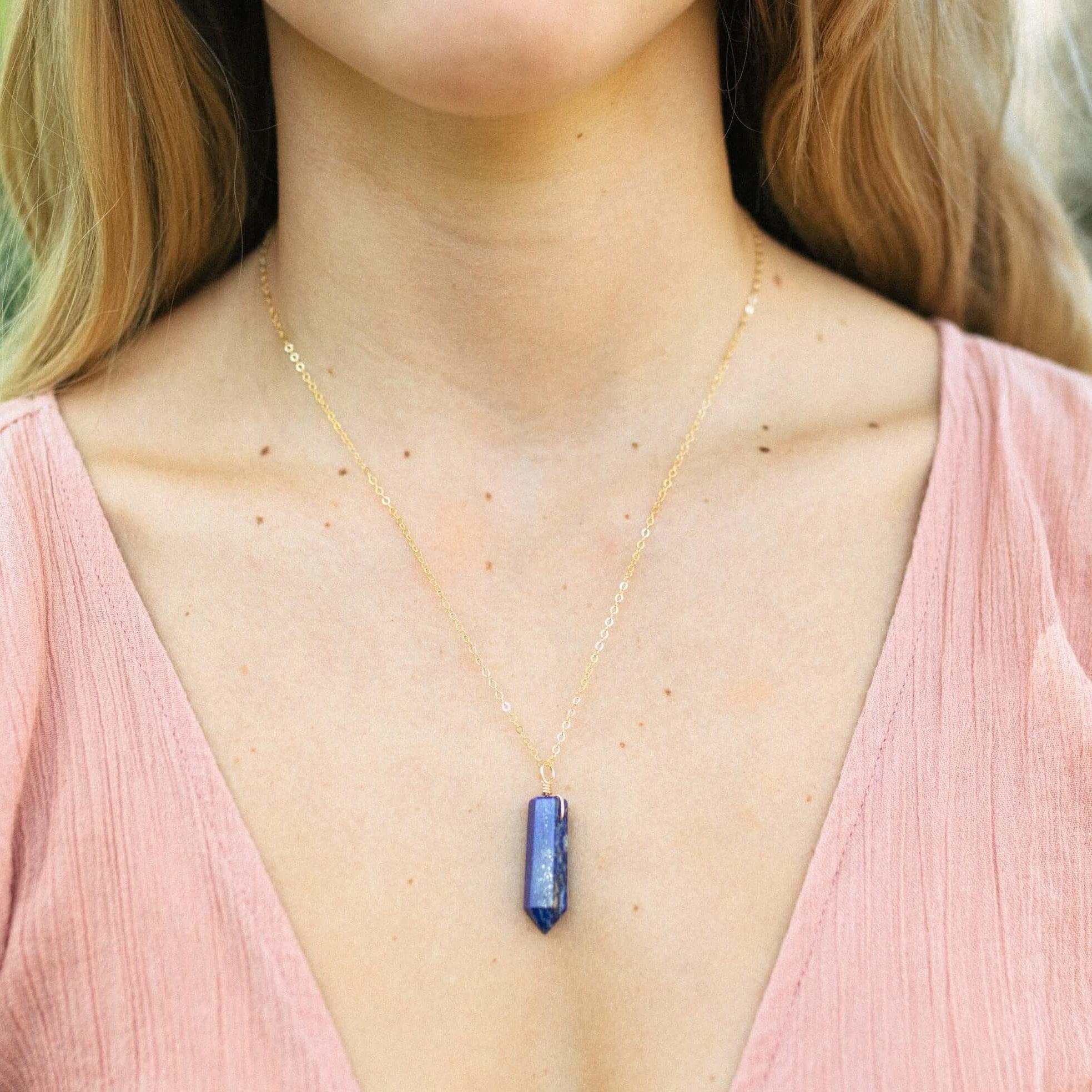
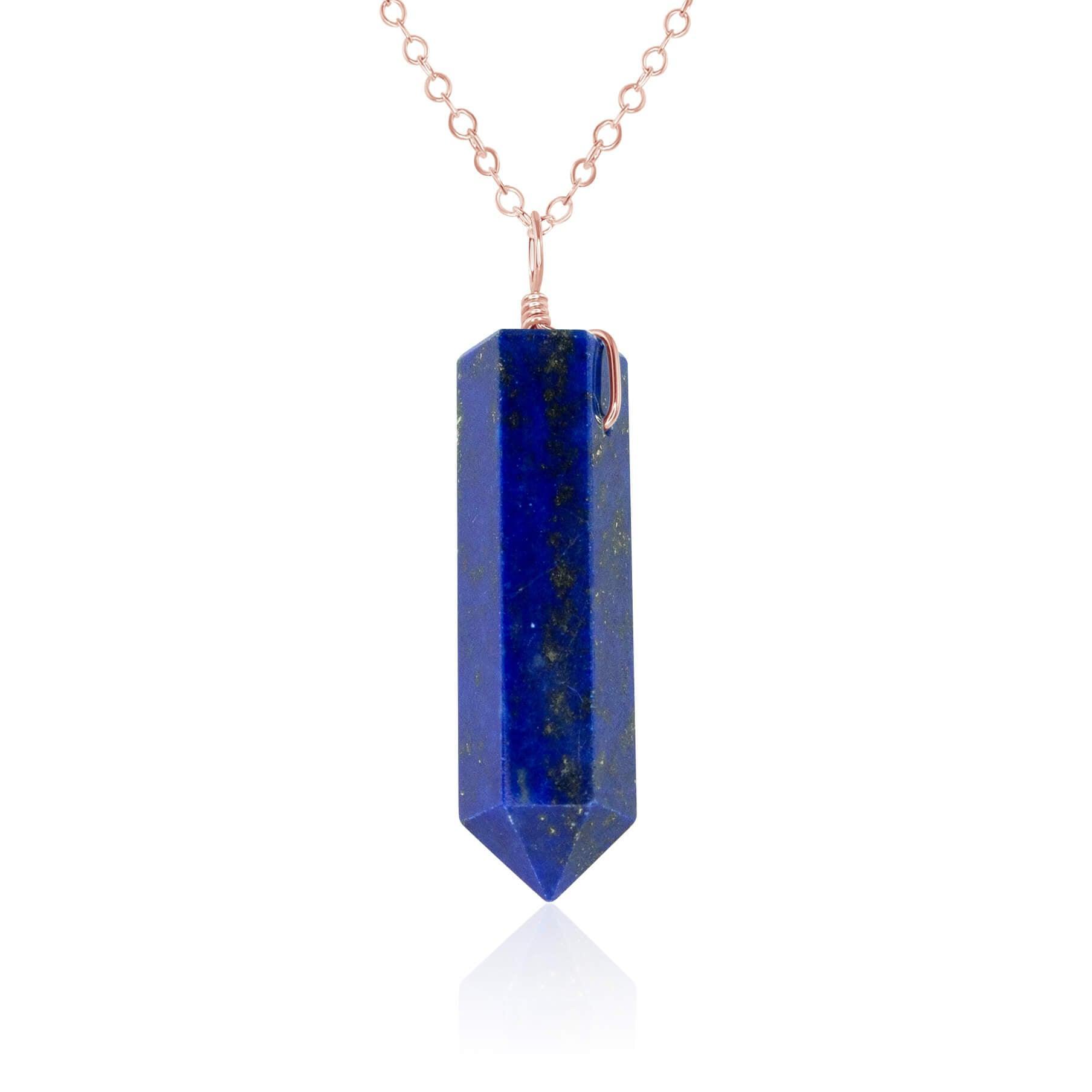
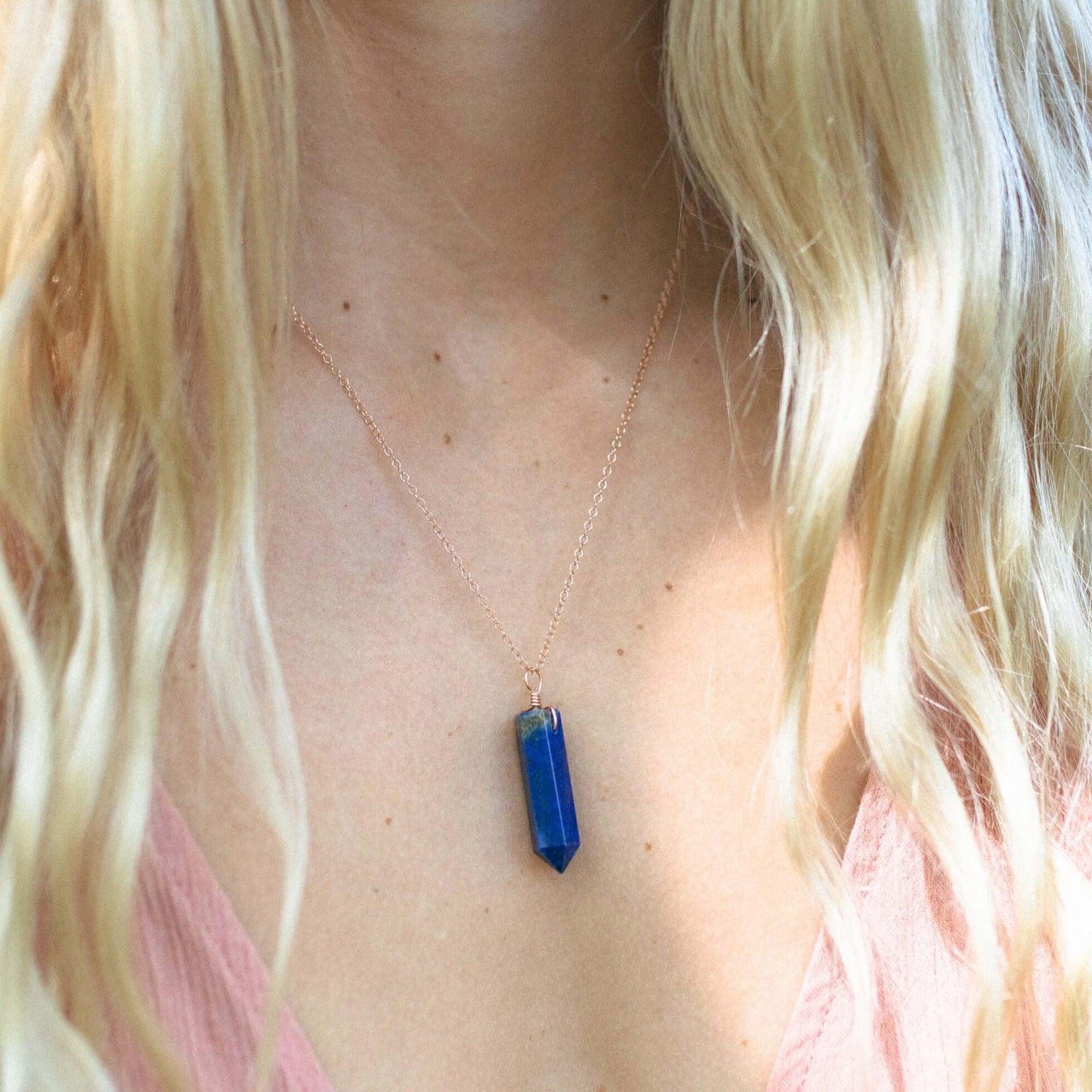

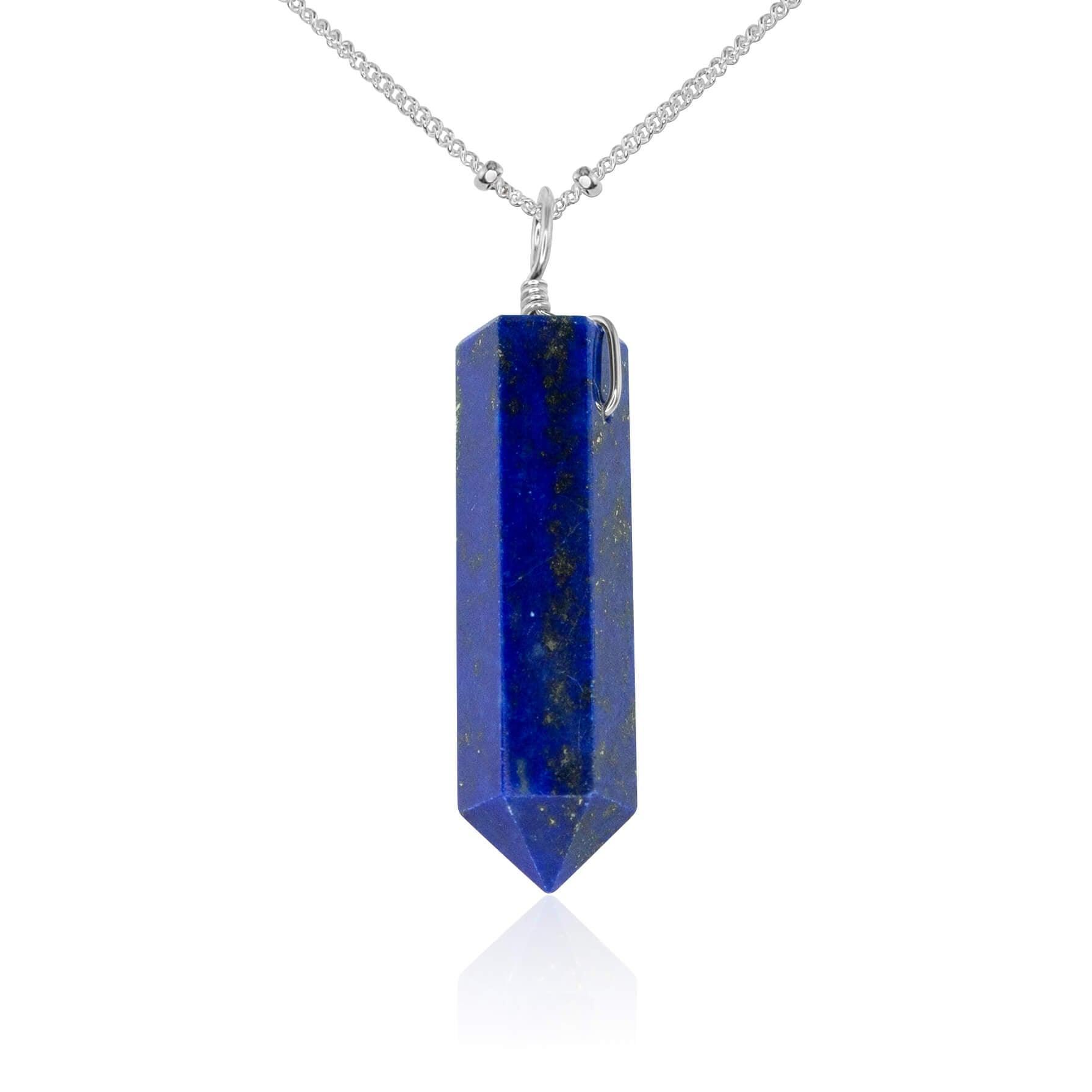
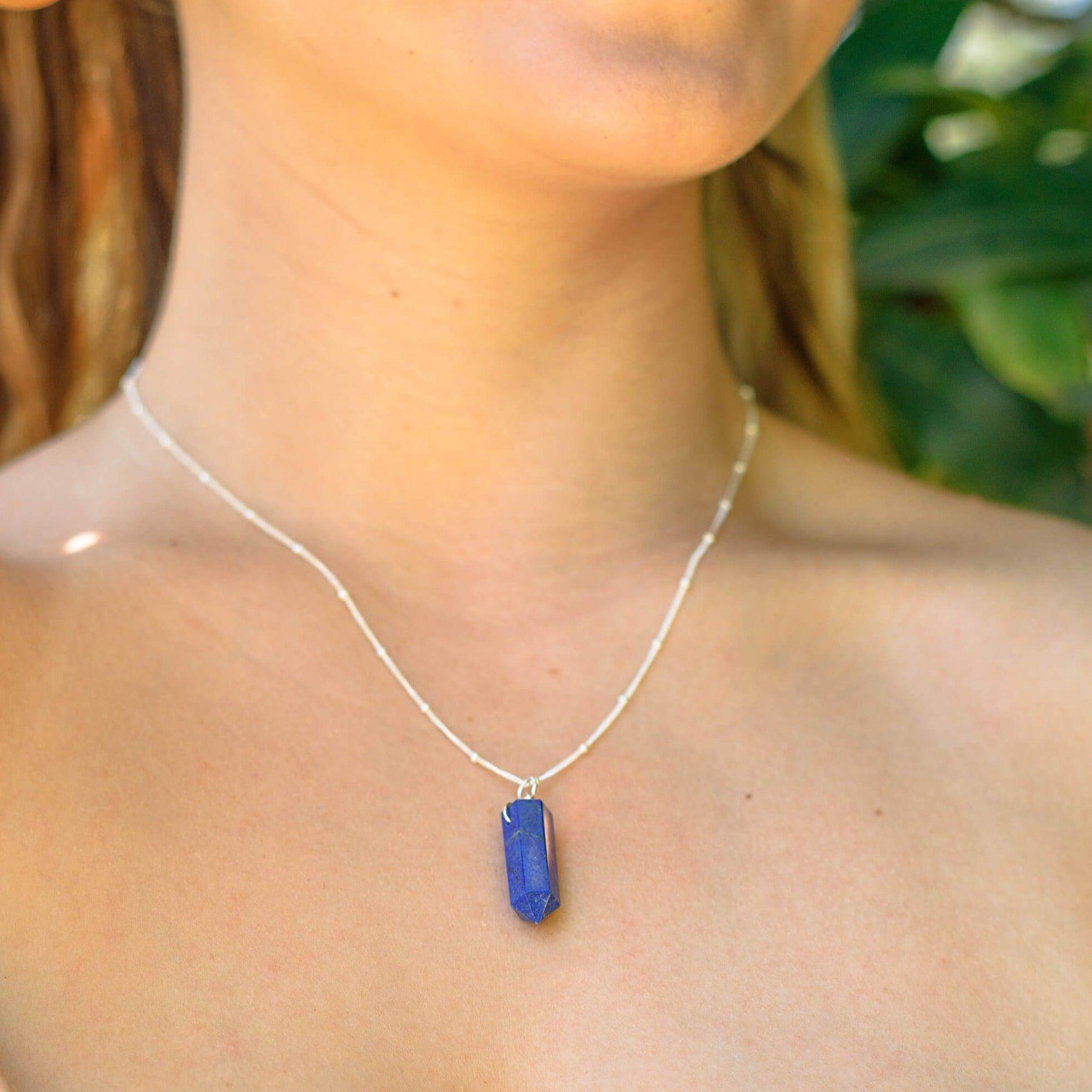
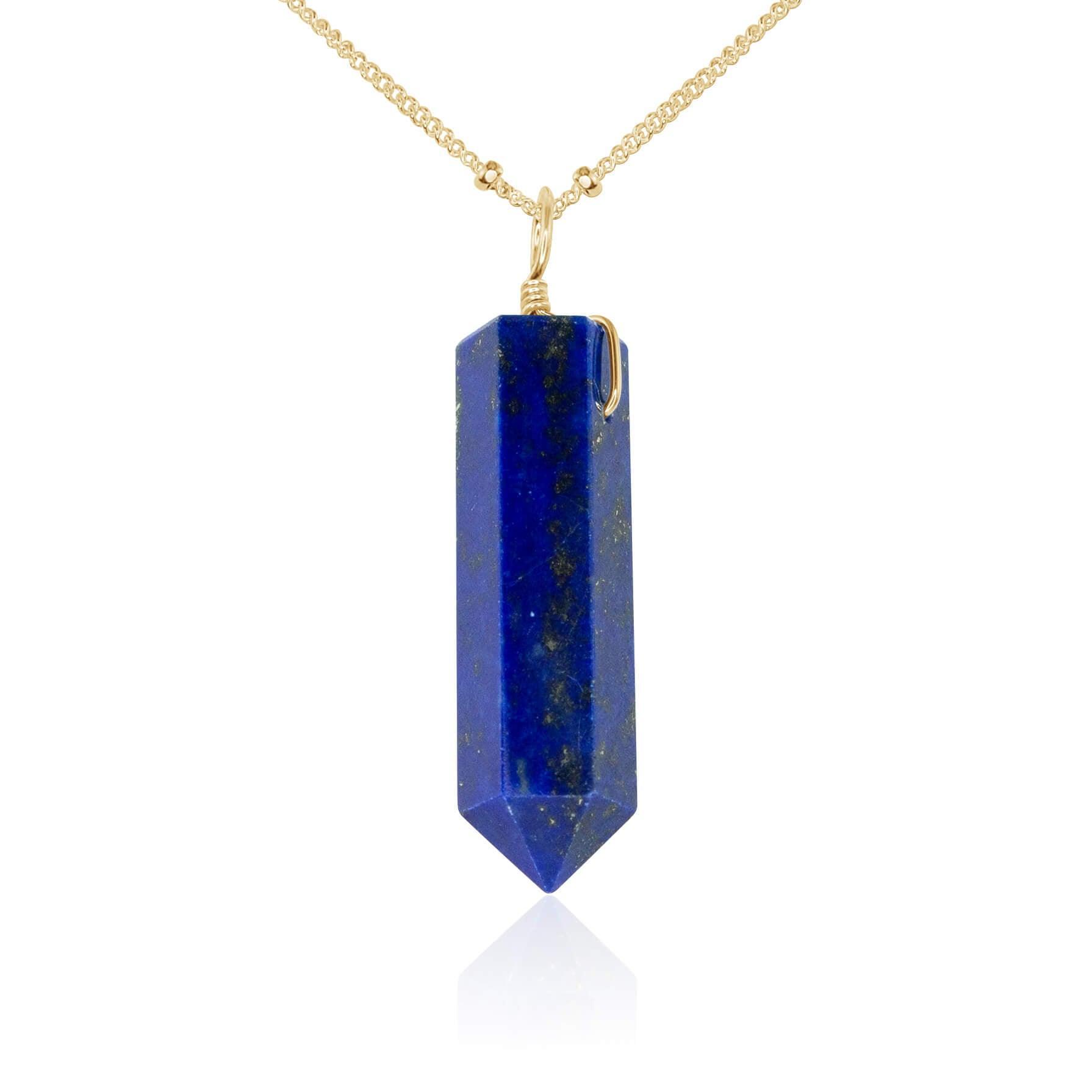
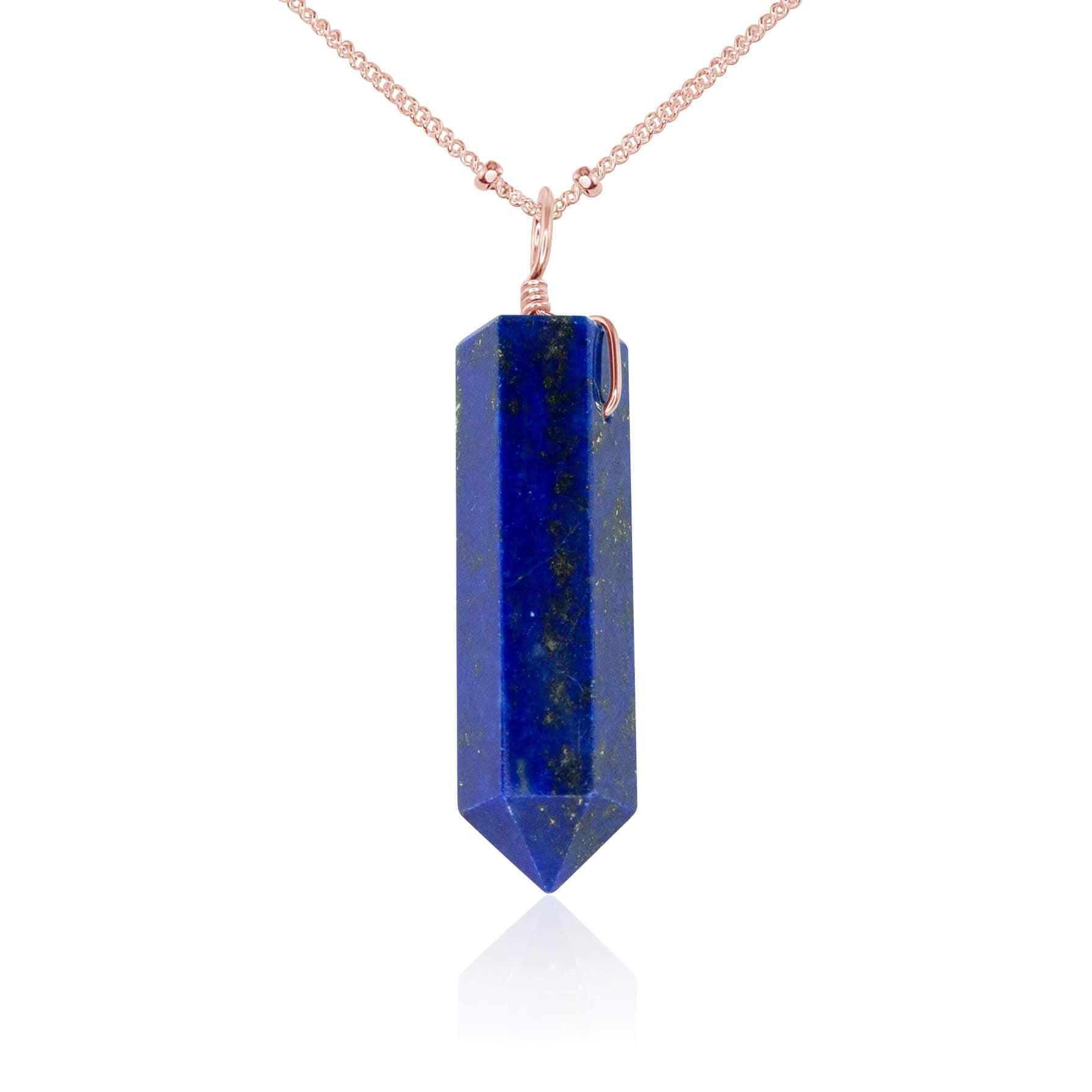

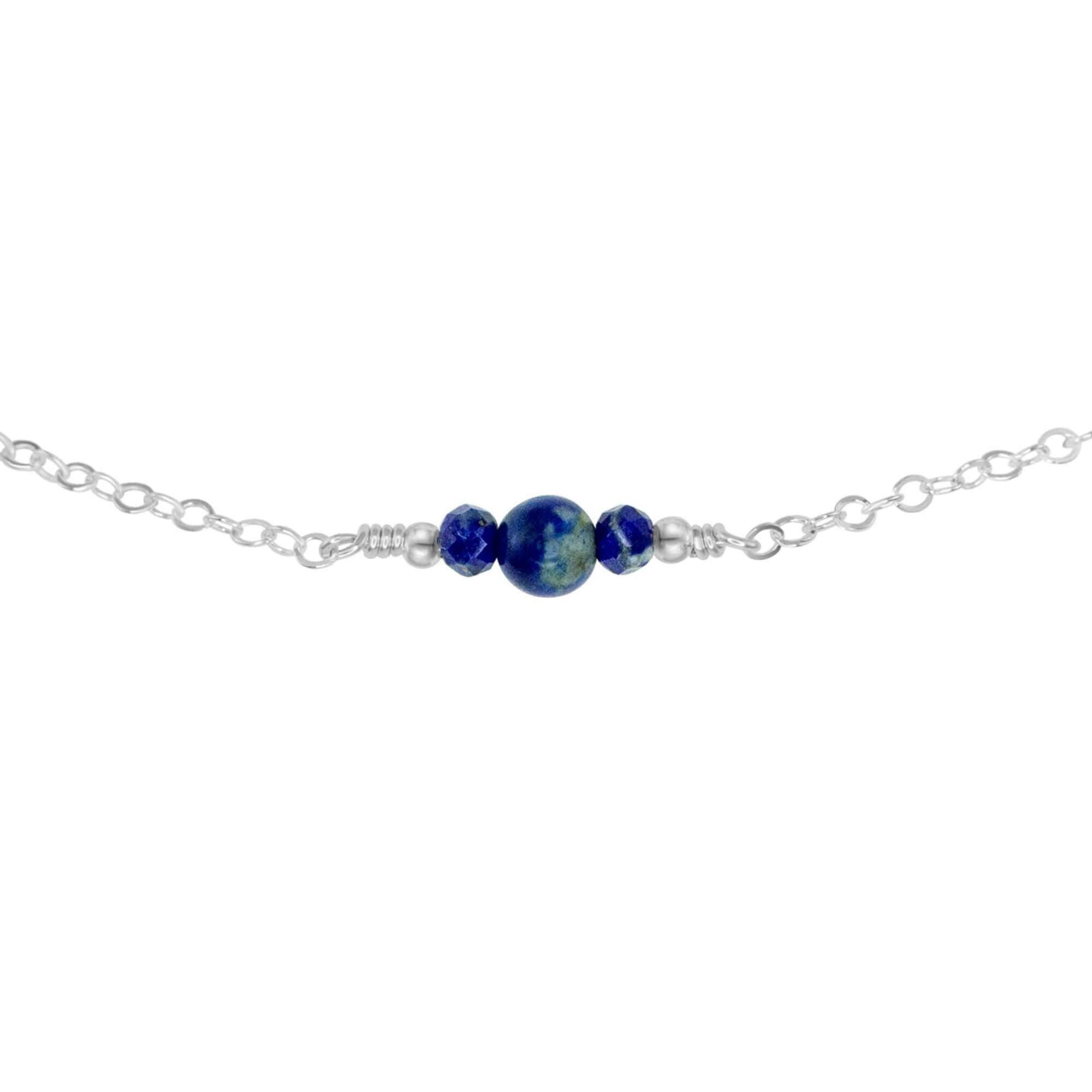
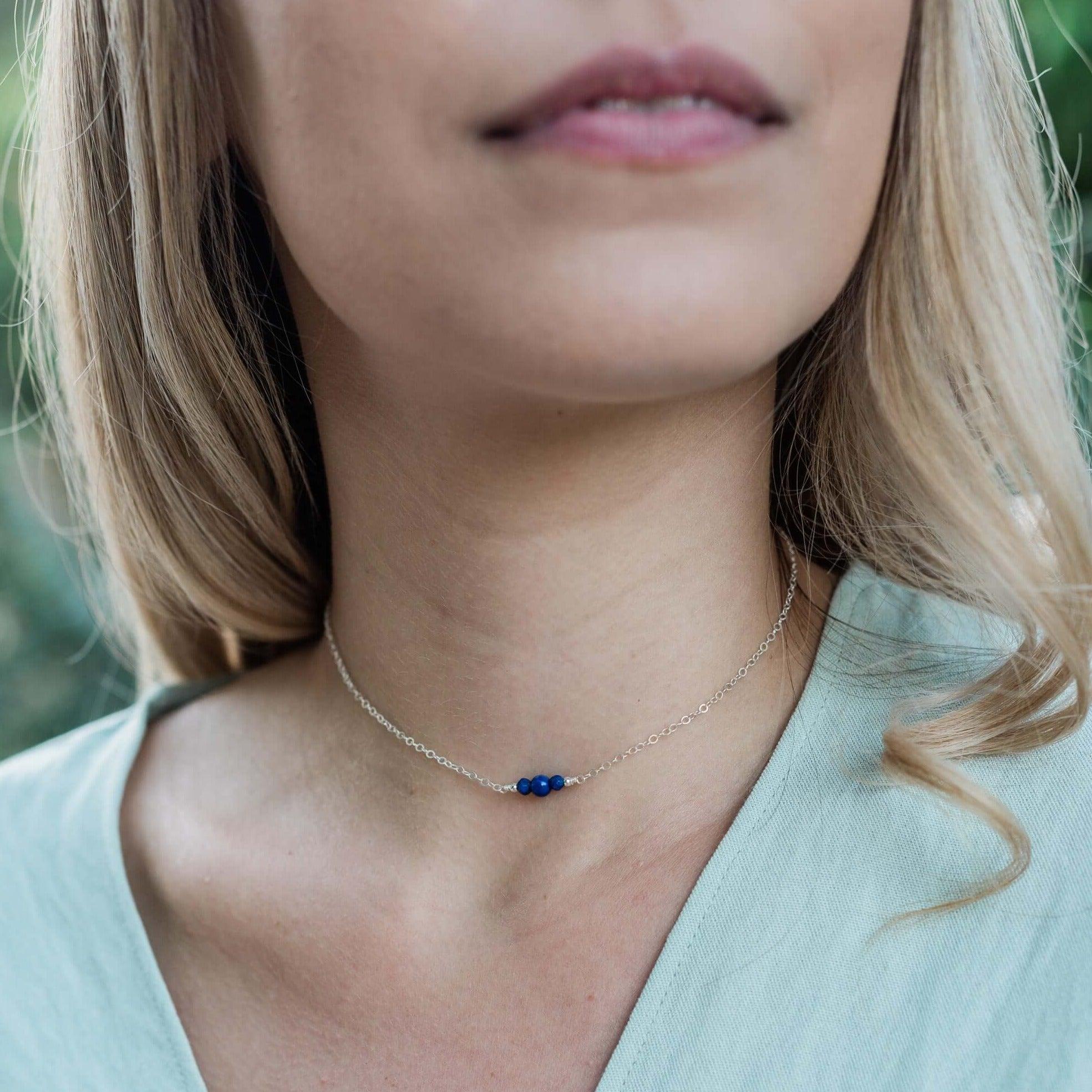
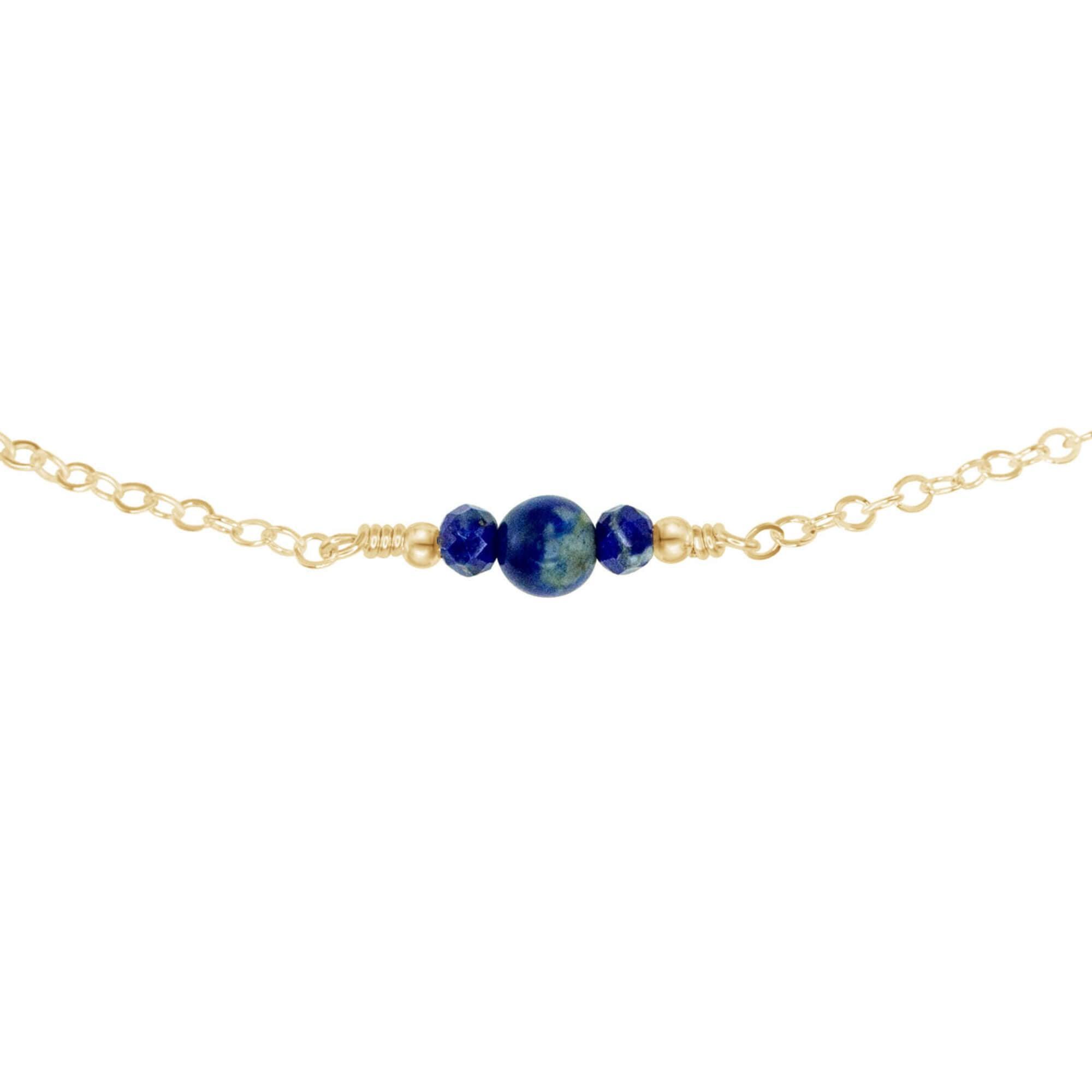
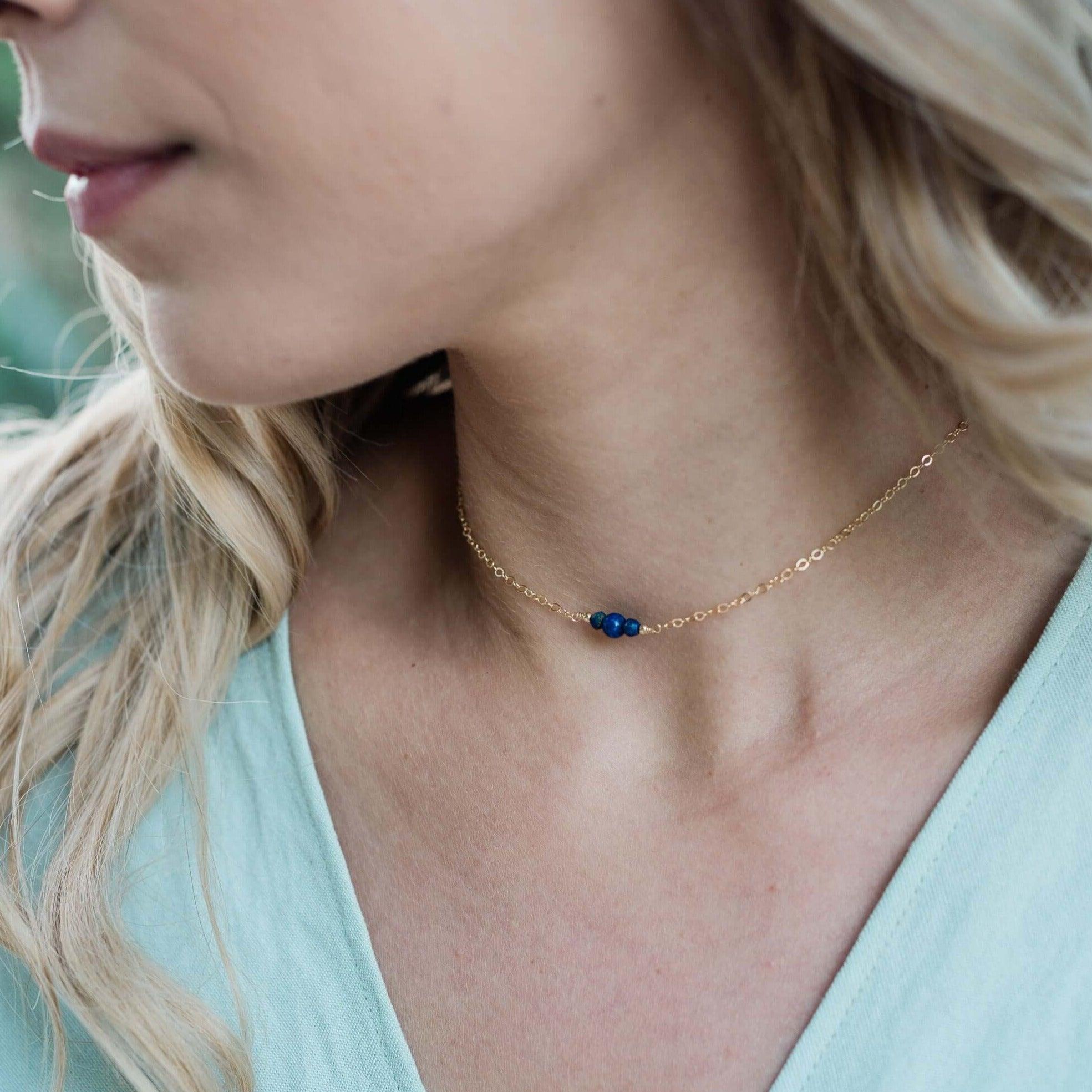
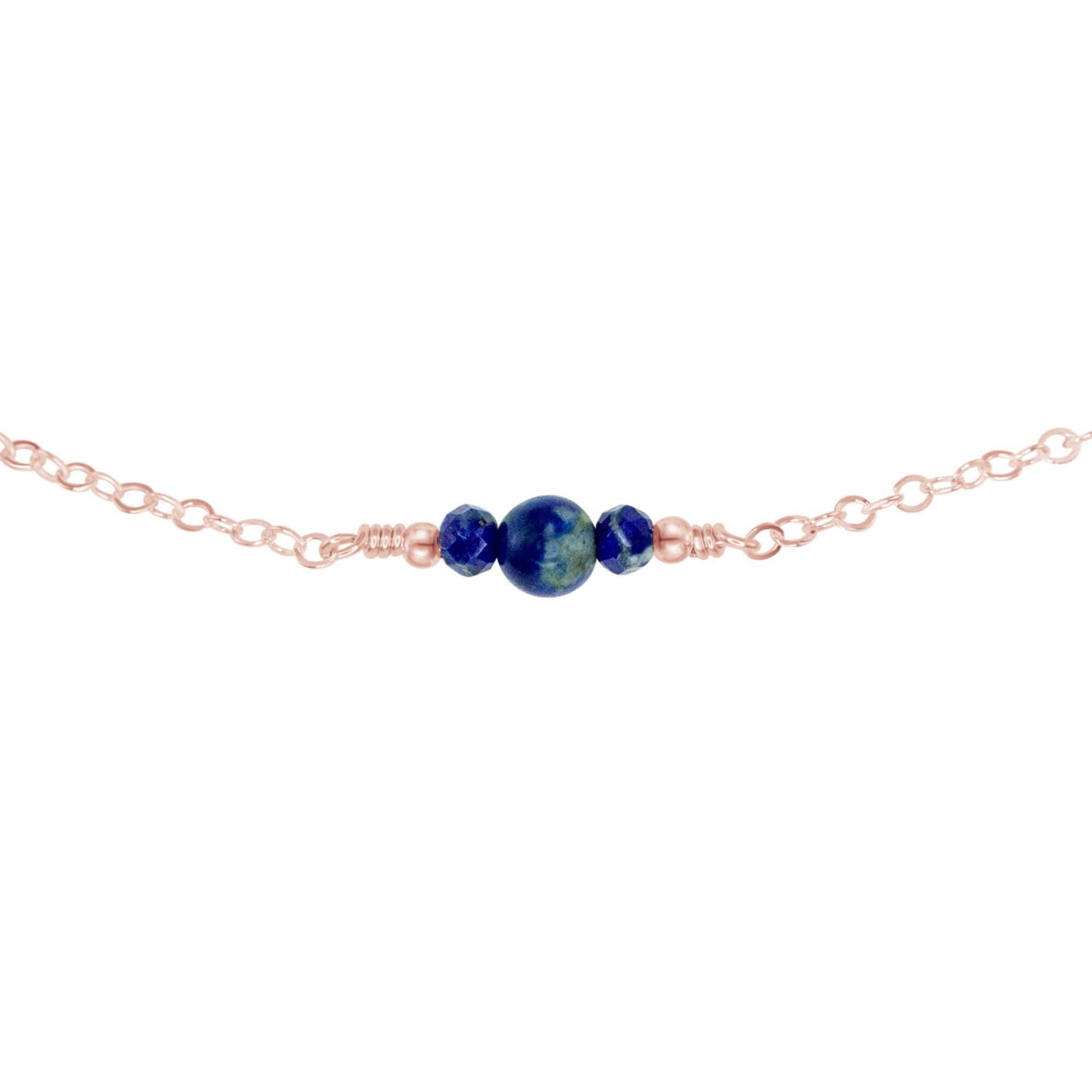
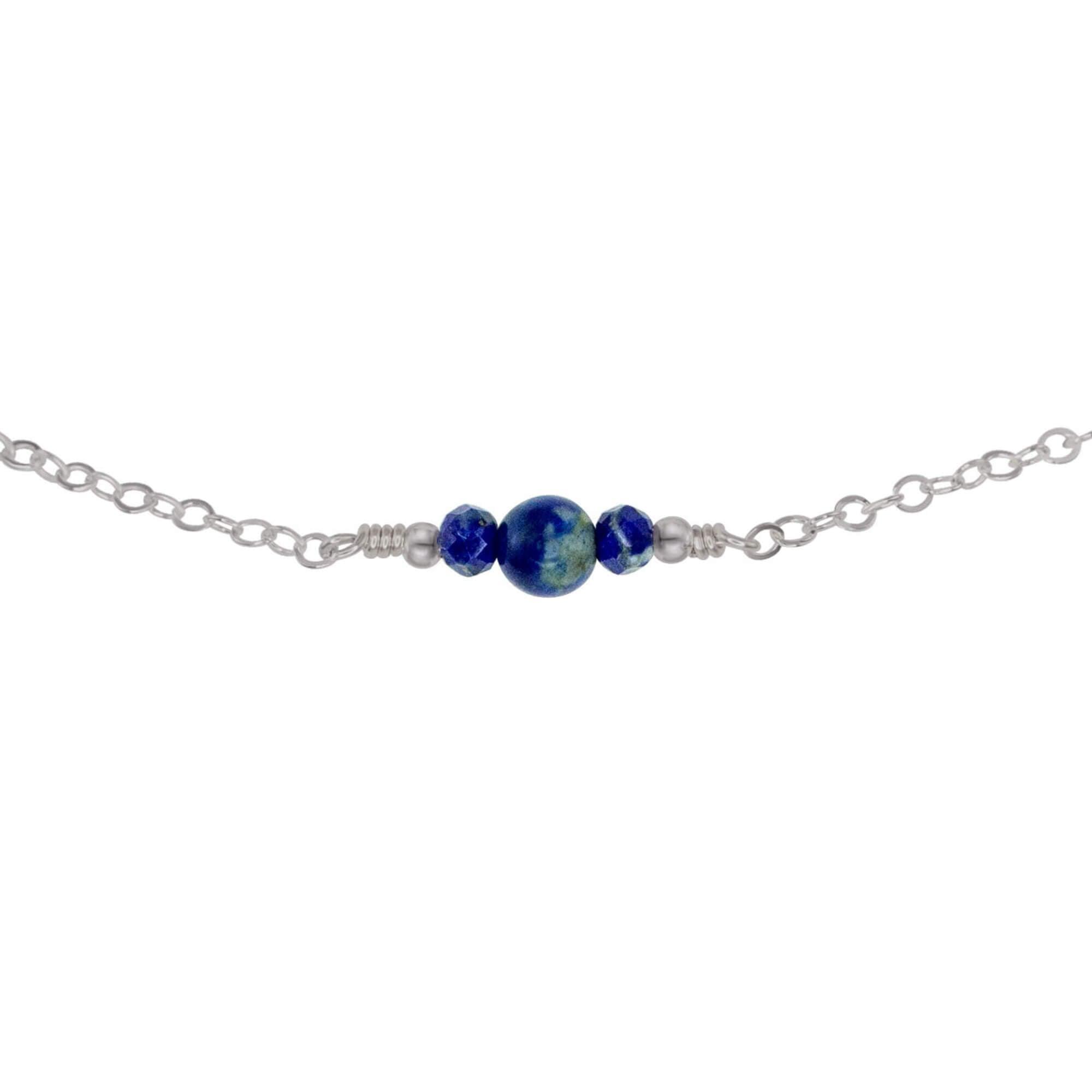
0 comments